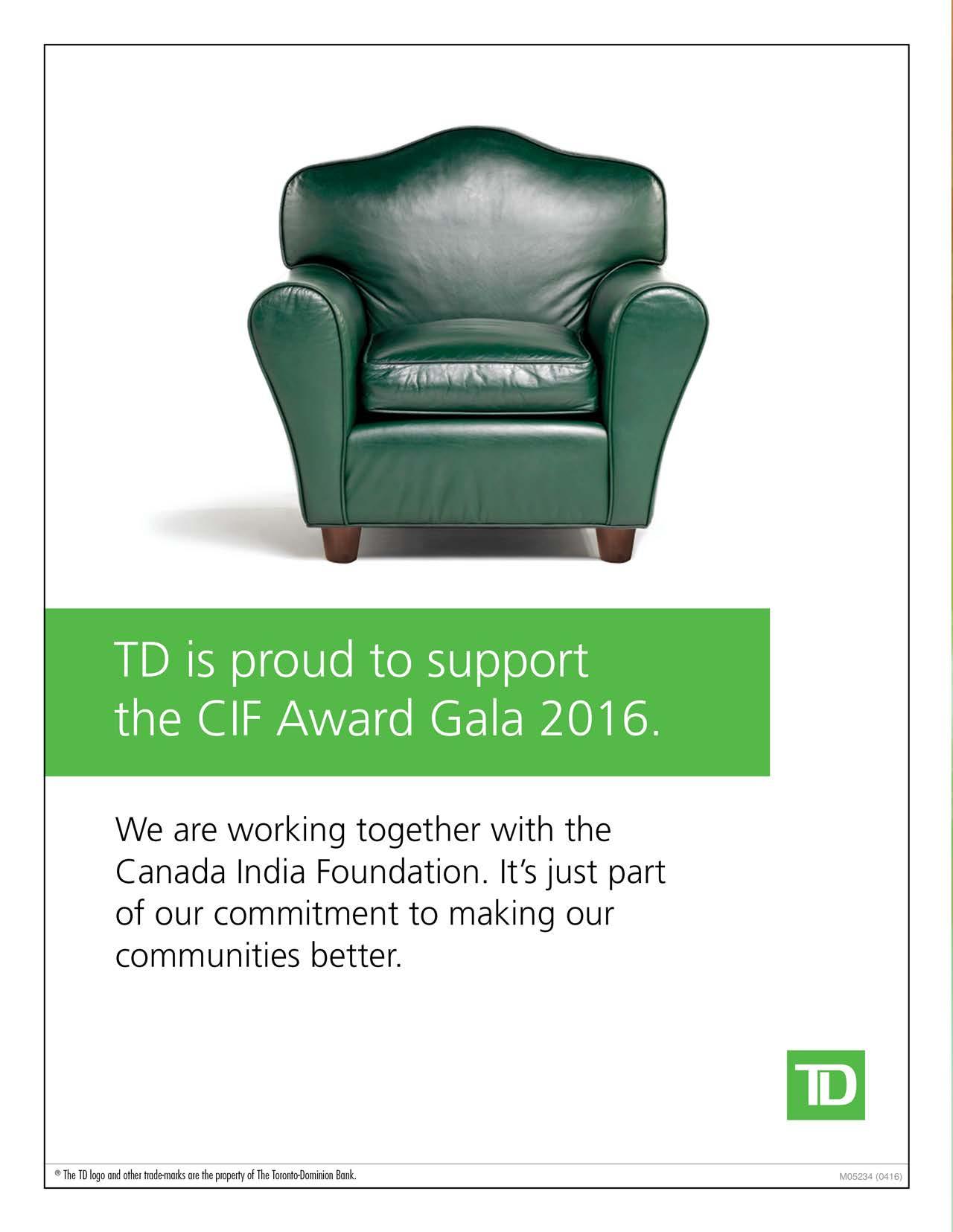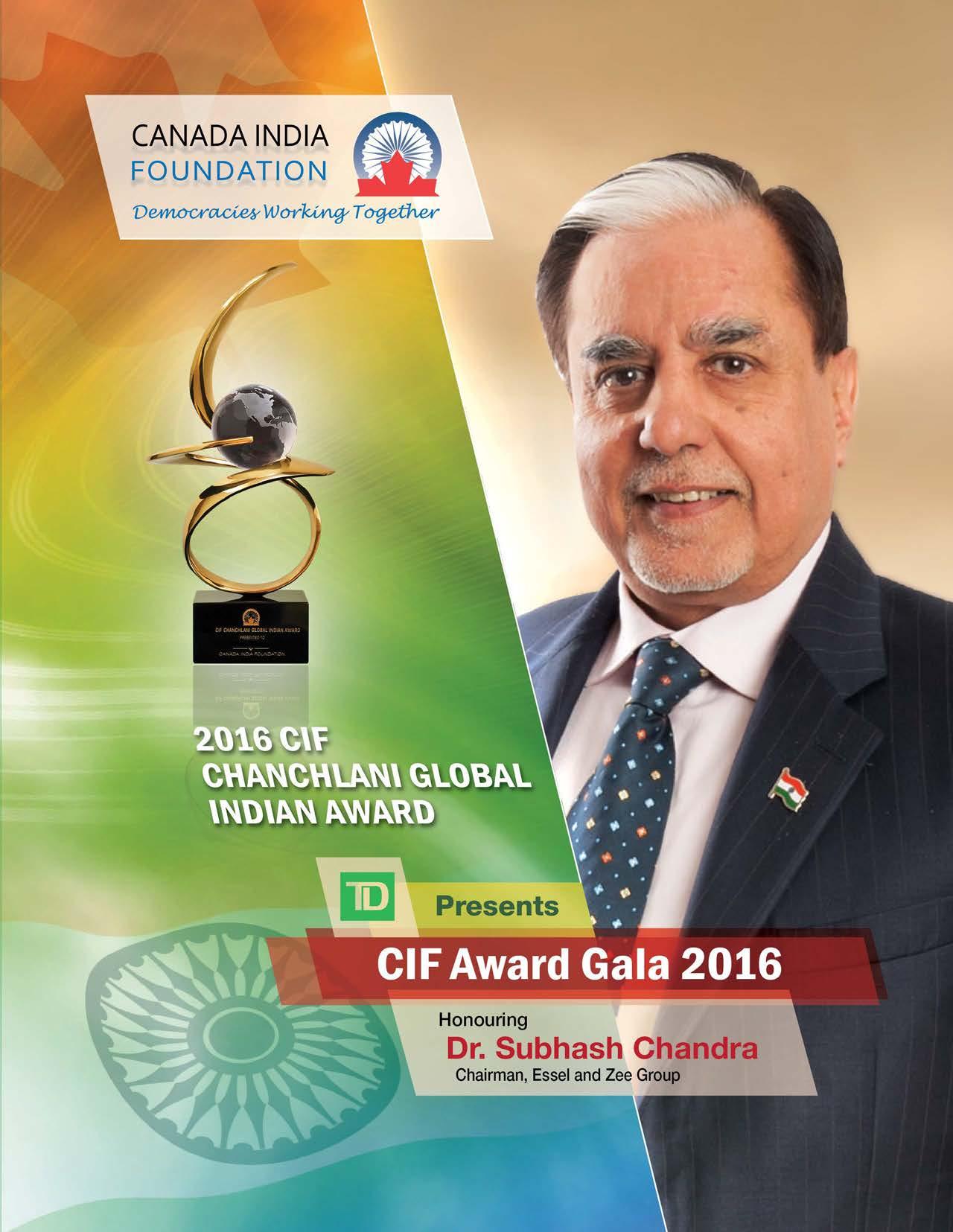
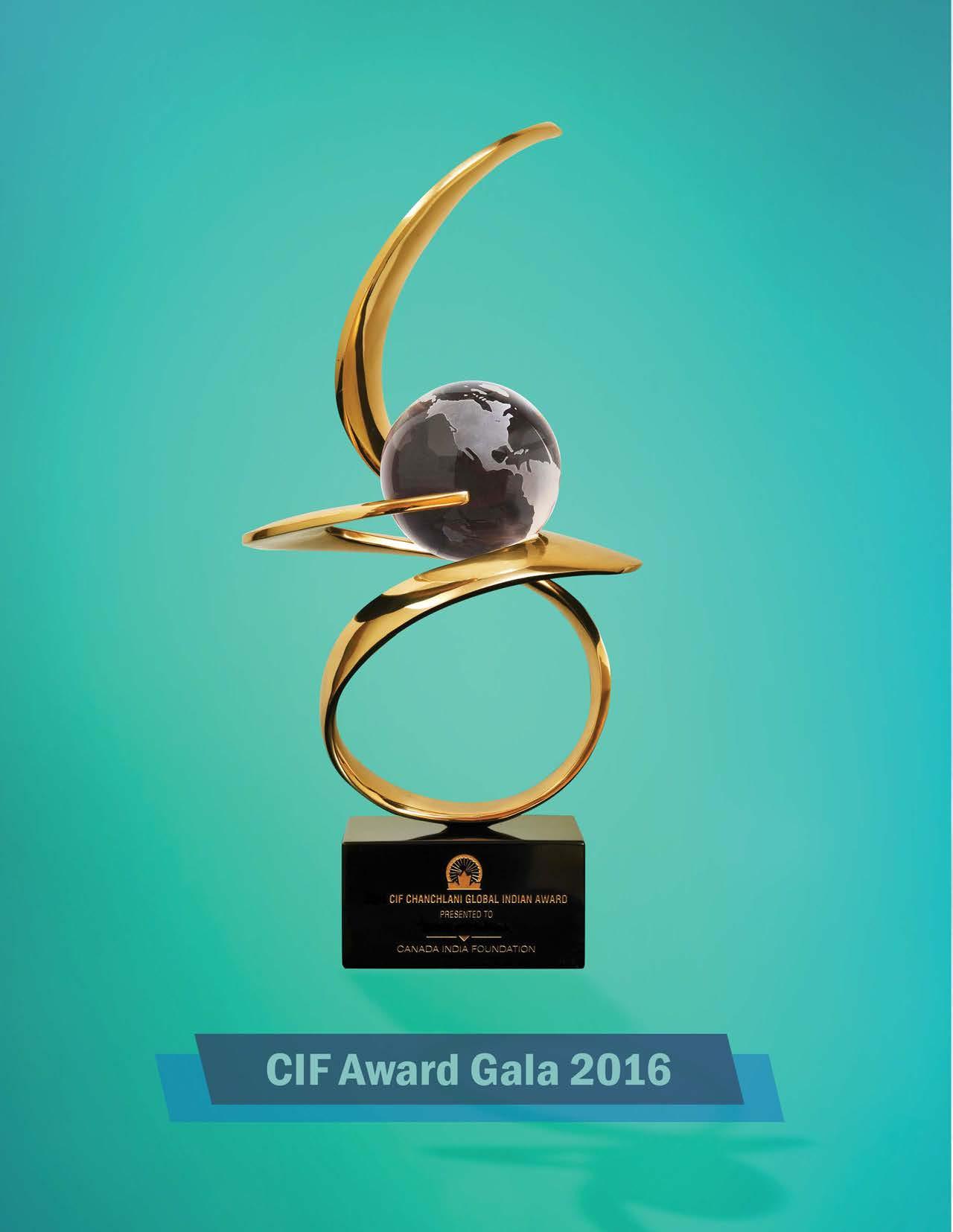



On behalf of the entire Board of Governors of Canada India Foundation (CIF), we extend a very warm welcome to our distinguished guests, colleagues and friends to CIF’s 2016 Award Gala.
CIF was formed in 2007 as a non-profit, non-partisan organization with three main objectives: Fostering support for ties between Canada and India, Raising the profile of the Indo-Canadian community, and Increasing awareness of the changing face of India.
Our board is selected mainly from the two metropolitan areas, Toronto and Vancouver, as well as from Ottawa and Calgary. Greater Toronto is home to probably the most diverse group of people in the world, and Indo-Canadians have been one of its most successful and respected communities both on Bay Street and Brampton, not to mention Mississauga, Markham and Vaughan. A substantial portion of our board is also based in Vancouver, British Columbia, home to the first immigrants from India to Canada, and where the Indo-Canadian community has lived and prospered for the past century. The poignant reminder of “Komagata Maru”, recently recalled through a formal government apology for the incident, is now overtaken by today’s real images of a community immersed in mainstream and well represented in government.
Towards the development of a public policy focus on Canada and India, CIF has organized thematic policy
forums highlighting opportunities, challenges and joint strategies in specific sectors of importance to the two countries. CIF organized the Canada India Energy Forum in 2009, Mining and Metals Forum in 2010, both in Toronto, Agriculture and Food Processing Forum in 2012 in Vancouver and Saskatoon, Infrastructure Forum in Ottawa and Toronto and Healthcare Summit in Toronto in 2015. We are now planning our next forums, one on Manufacturing, and a follow-up to the Healthcare Summit, early next year, for the first time in India.
We are most proud of instituting the CIF Global Indian Award, with the purpose of highlighting the success of the global community of Indian origin, and to recognize one special individual whose accomplishments make the diaspora proud. We are honoured tonight, in having among us, media and entertainment baron Dr. Subhash Chandra, Chairman of Essel and Zee Group, an icon and a role model to all. We congratulate him on being the 6th recipient of the CIF Chanchlani Global Indian Award joining previous recipients Sam Pitroda, Tulsi Tanti, Ratan Tata, Deepak Chopra and Narayana Murthy.
2016/2017 will see the unfolding of several activities including, Canada-India forums on health and manufacturing, strategic speaker series, meeting with change agents in both countries, an exclusive golf meet, an E-Newsletter to keep in touch with all
of you more regularly and will culminate with our 10th anniversary Gala. We strongly believe that these activities will build a favourable mindset towards a strong and strategic Canada-India intergovernmental, trade & people relationship based on our “shared values and vision”.


Increasing Indo Canadian participation on Government Boards and Agencies is vital to achieving our goals. We are more than willing to contribute our time & talent. Let us make our boards and agencies more inclusive, more representative of the changing demographics. There is nothing to lose, but a lot to gain. CIF is keen to encourage and provide interns to our elected politicians at all levels of government. If there is an opportunity somewhere, we are all ears.
We hope all of you have a wonderful evening reconnecting with old friends and collectively honouring Dr. Subhaash Chandra.
Thank you.
National Co-Chair
Anil Shah
Satish Thakkar
Co-Chair (Eastern Canada) Pankaj Dave
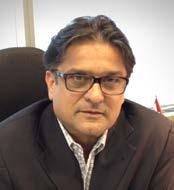
Co-Chair (Eastern Canada) Rajinder Minhas
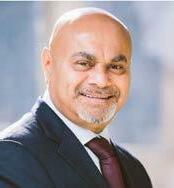
Co-Chair (Western Canada) Sarup Mann
Committee Member Vijay Sastry
Vice-Chair
National Convenor
Secretary
Treasurer
Director
Ajit Someshwar
Ananth Seshan
Anil Shah
Pankaj Dave
Anita Dalakoti
Satish Thakkar
Vijay Sastry
Rajinder Minhas
Atul Tolia
Immediate Past-Chair V.I. Lakshmanan
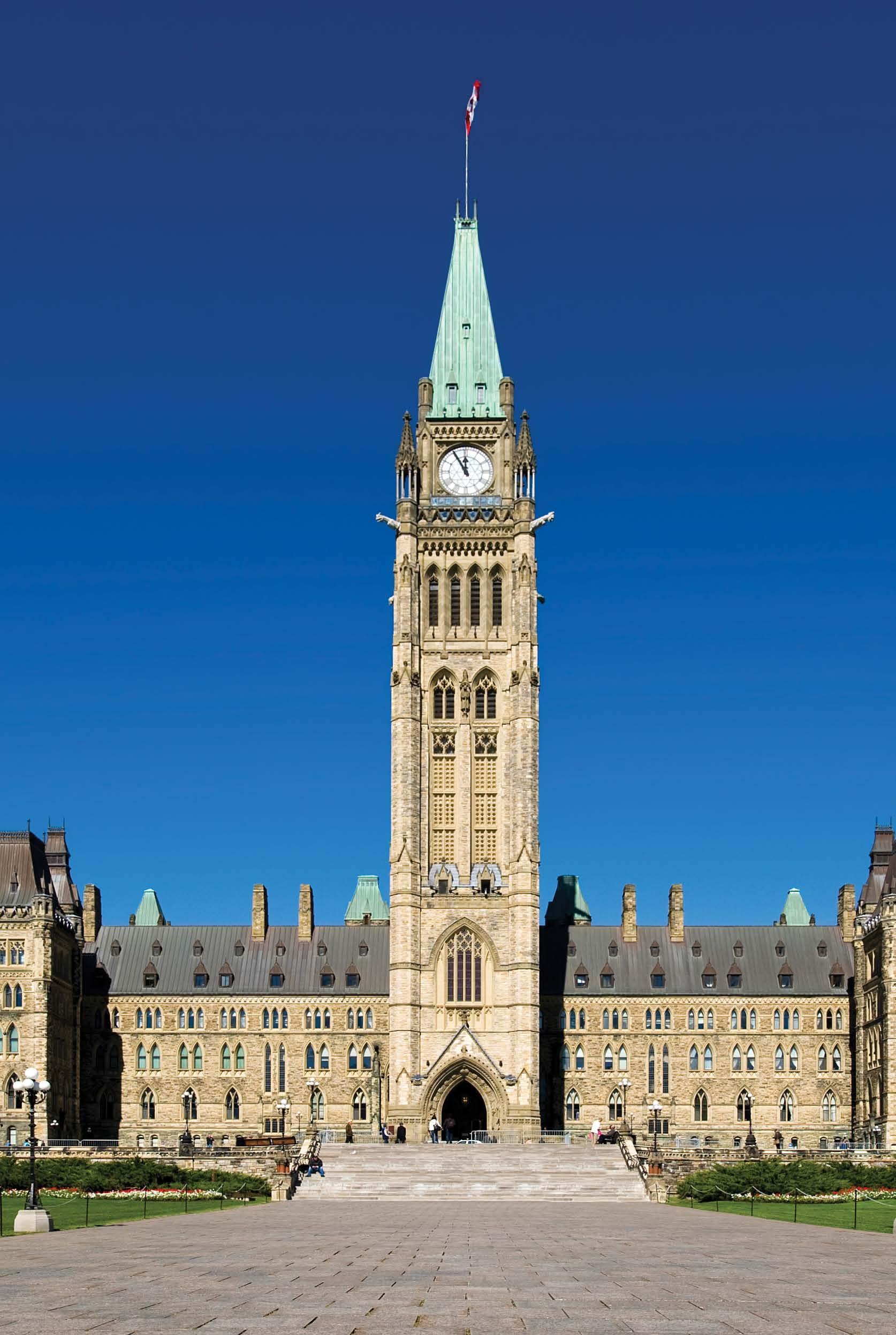
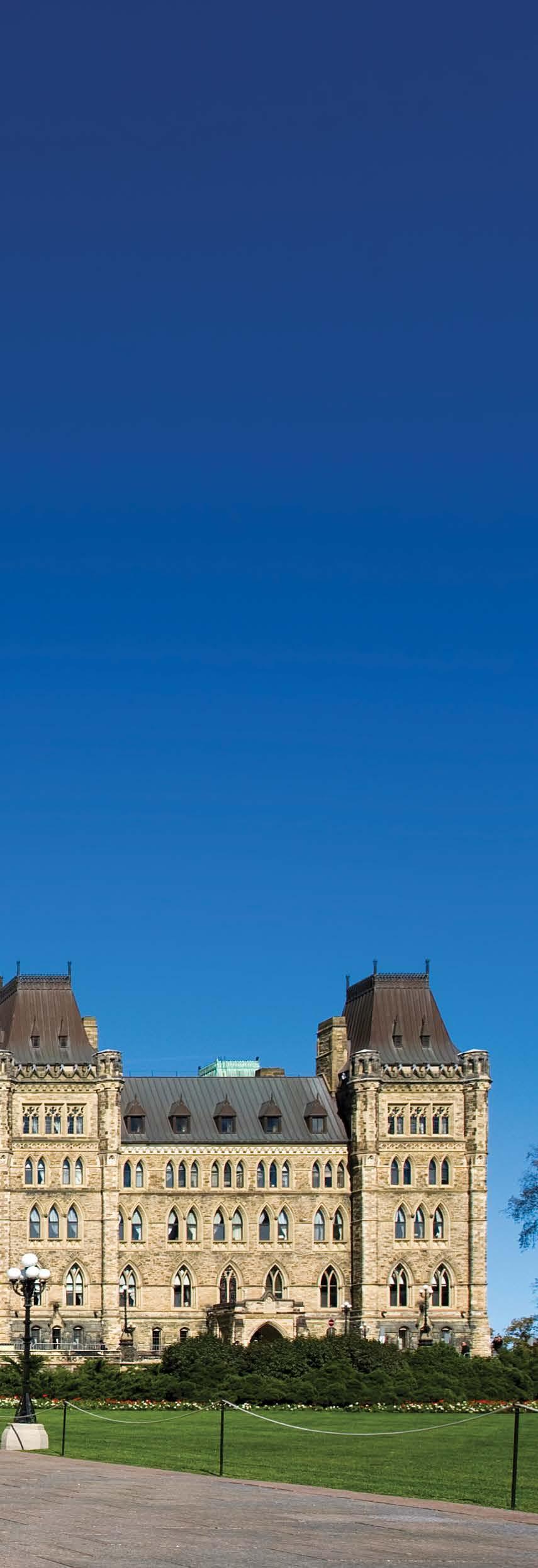
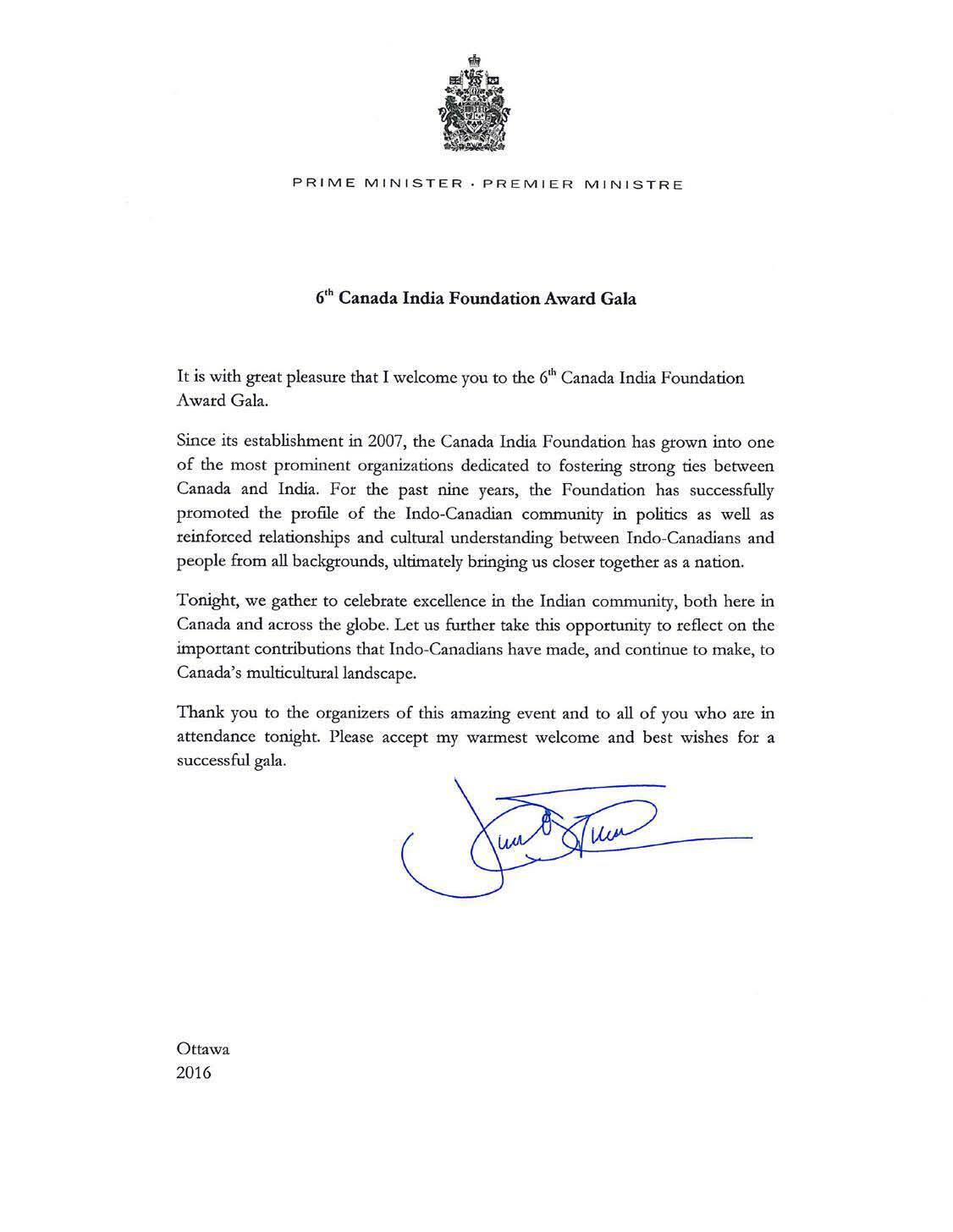
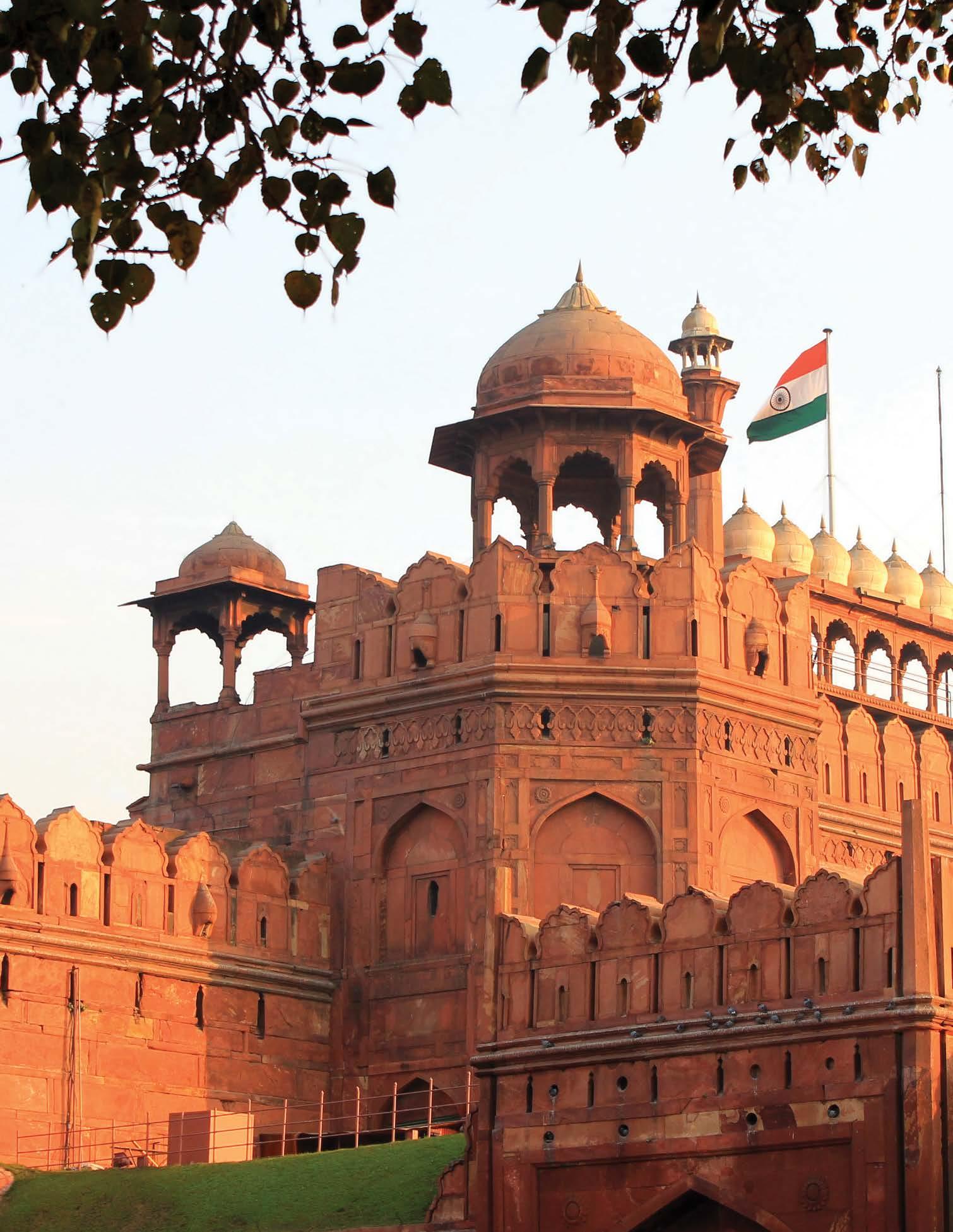
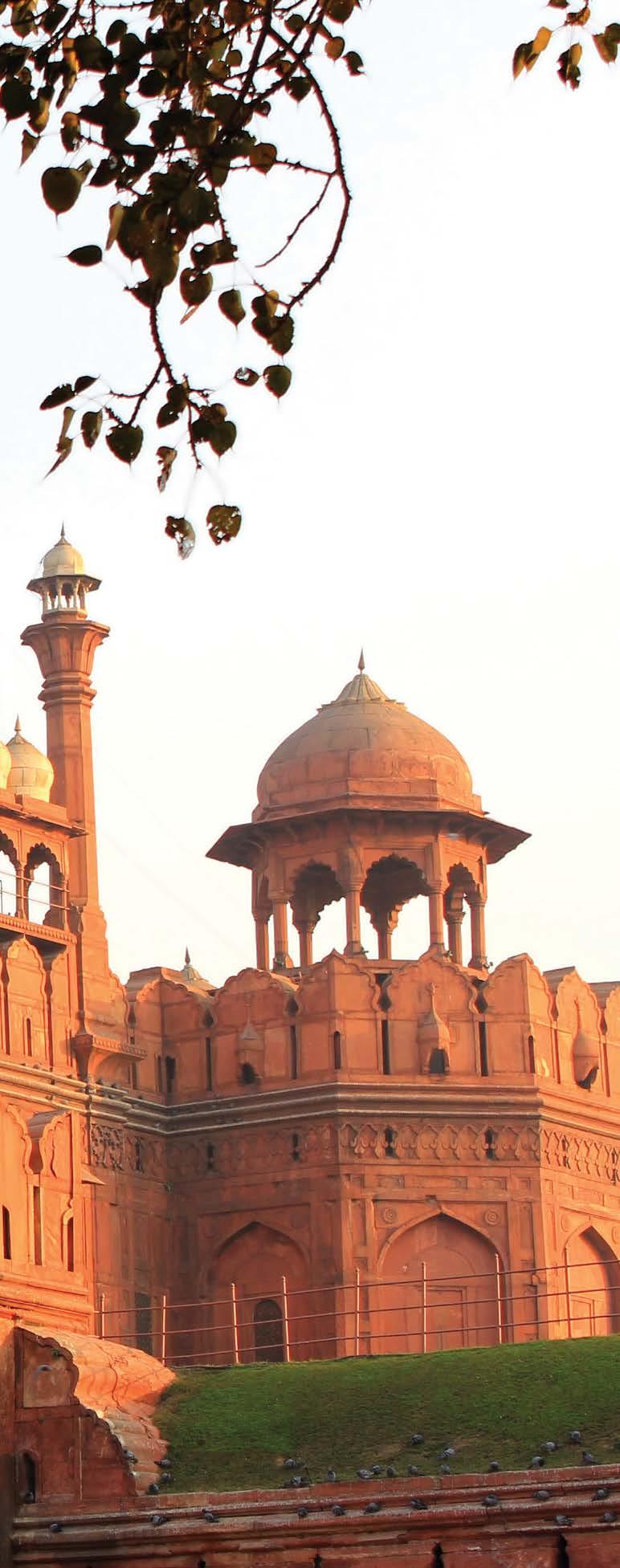
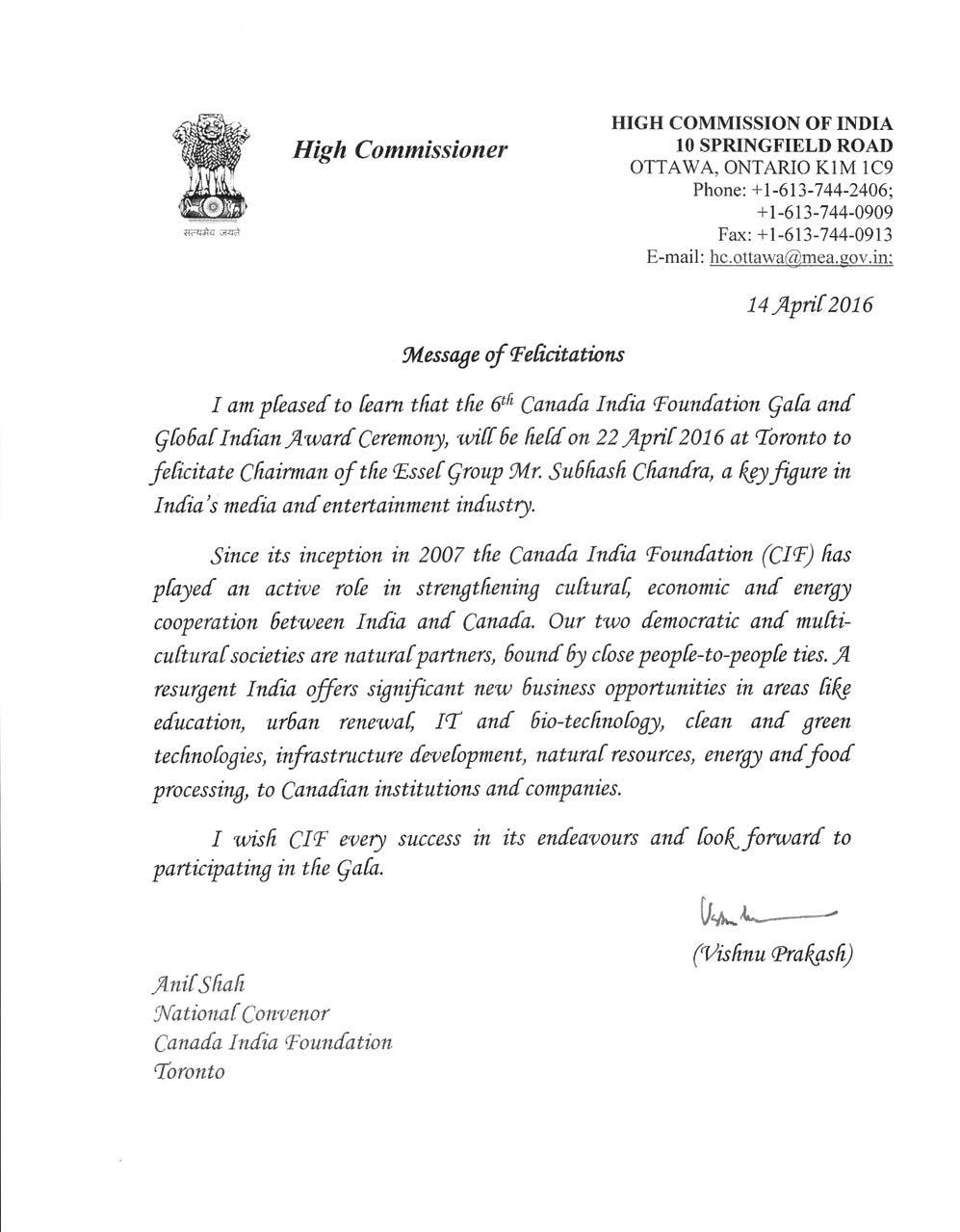
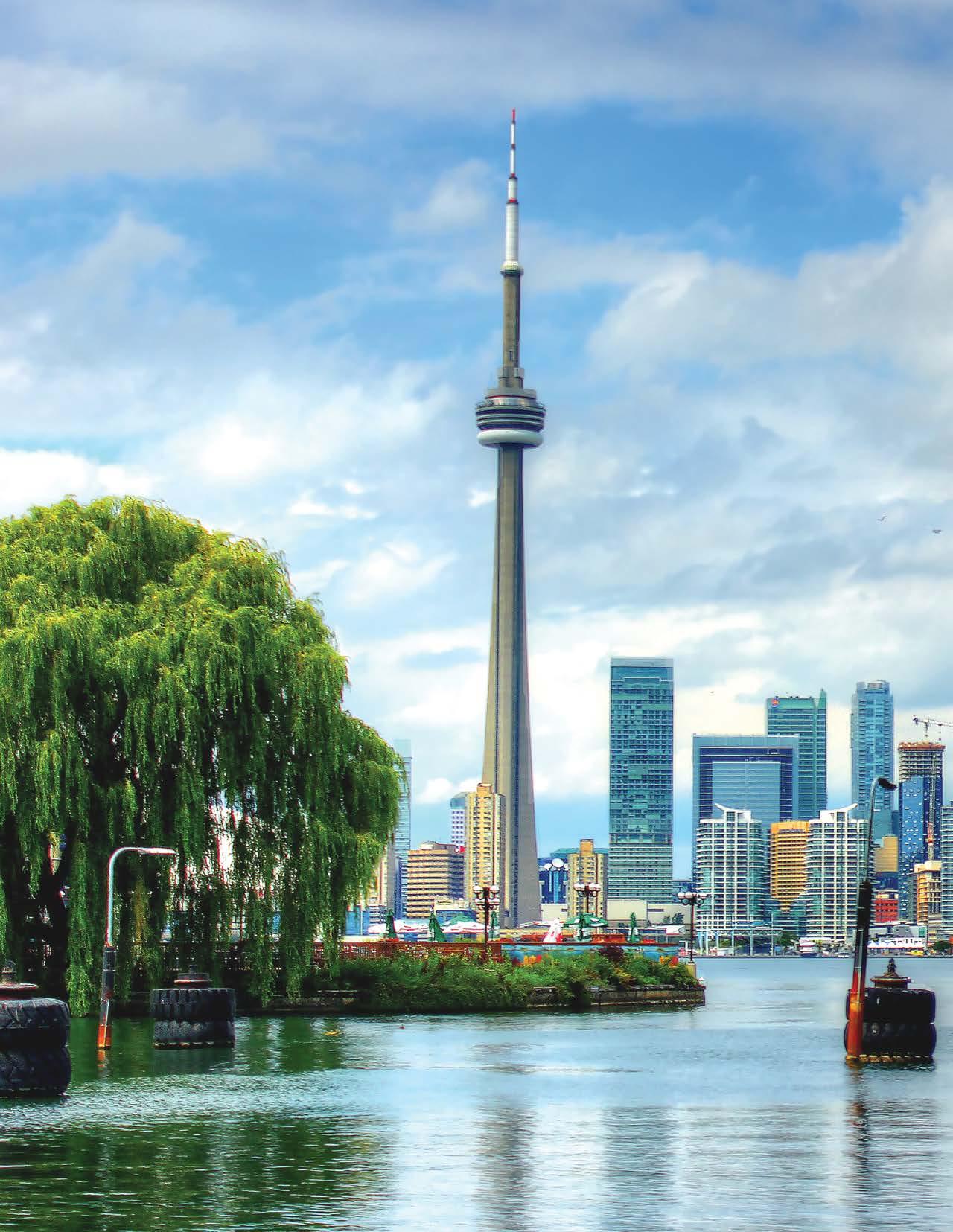

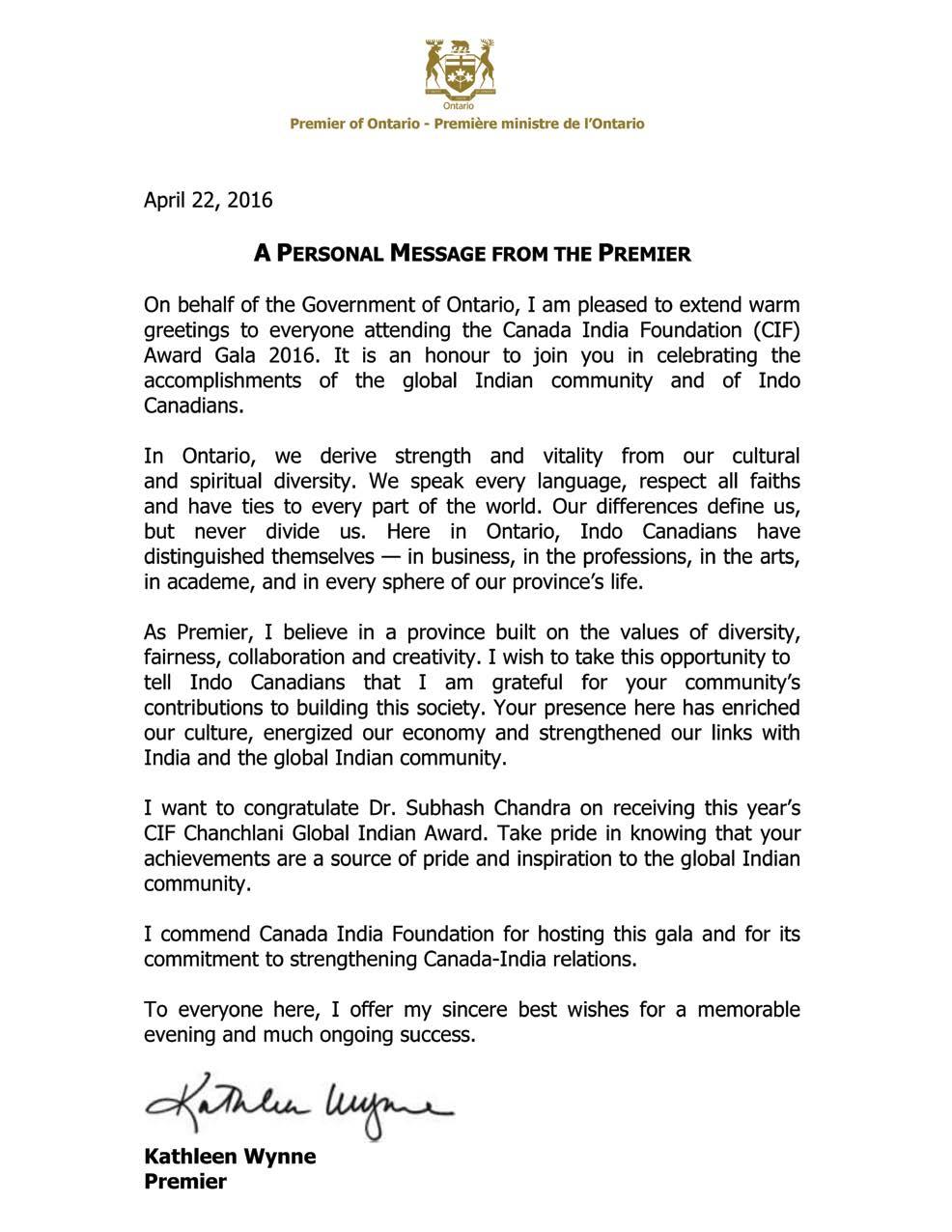
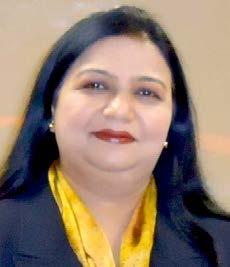
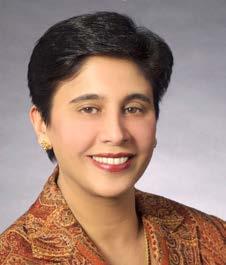
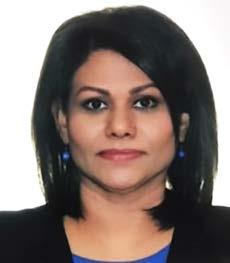
 Mr. Ajit Someshwar
Mr. Ajit Someshwar
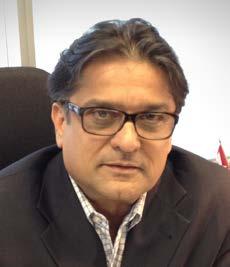
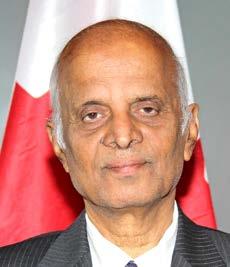
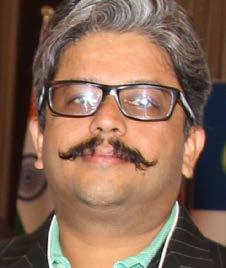
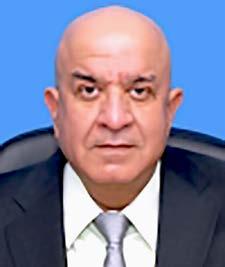
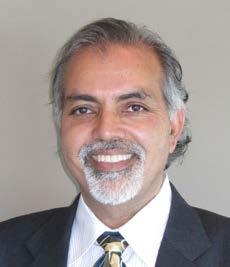
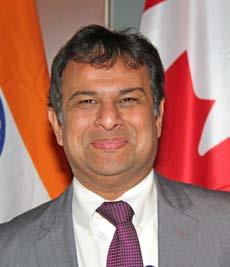
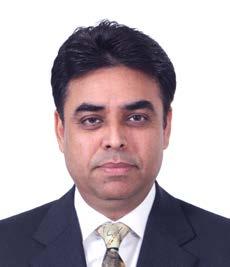
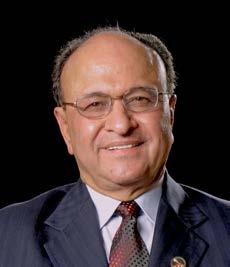
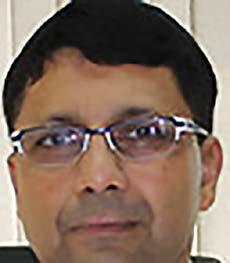
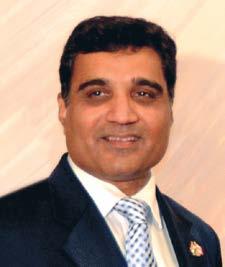
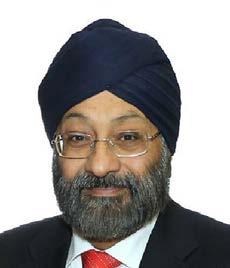
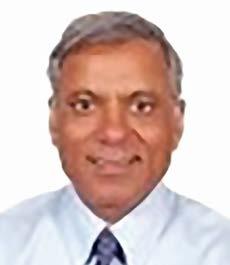 Mr. Sarup Mann President
Mr. Sarup Mann President

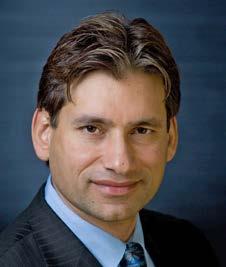
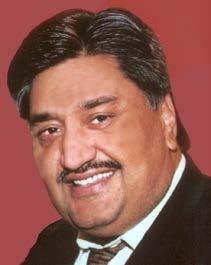
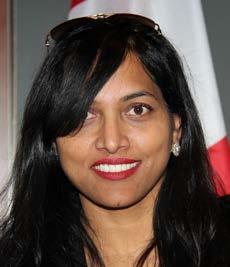
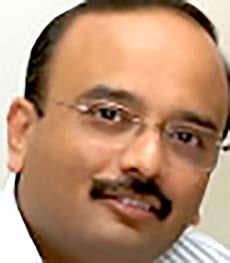
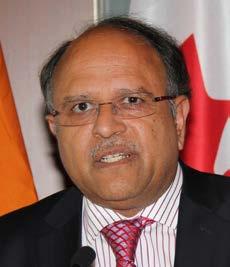
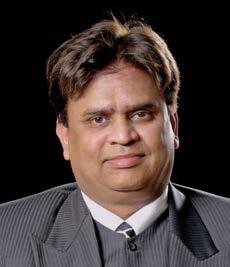
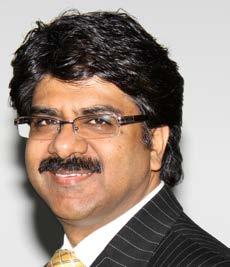
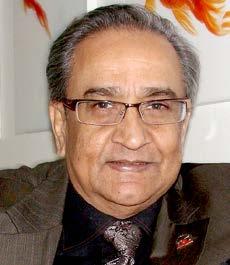
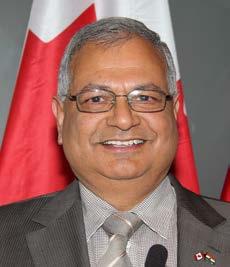
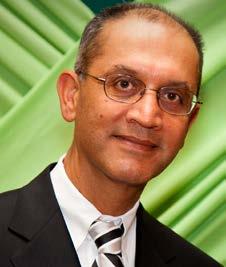
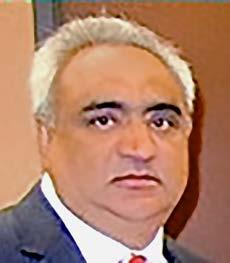
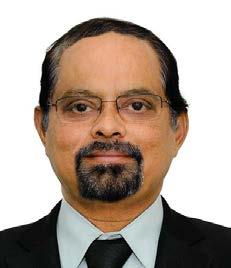
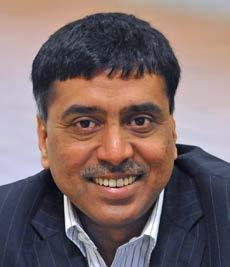
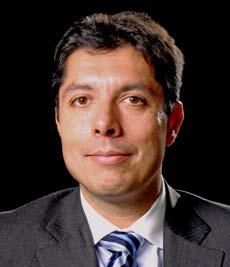

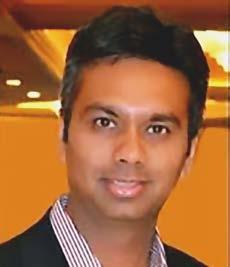
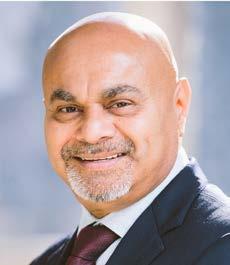
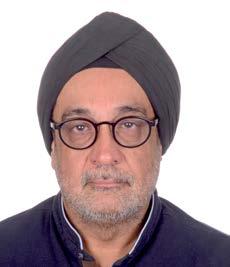 Mr. Bhim Asdhir President & CEO Excel Funds Management Inc.
Mr. Jatinder (Jay) Minhas President and CEO Elegant Development Inc.
Mr. Rajinder Minhas Canadian Real Estate Group
Mr. Sridhar Mosur Founder & CEO Pixel Health Inc.
Dr. Terry Papneja Dr. Papneja & Associates
Mr. Ravi Subramanian Chairman Silverline Technologies,
Mr. Bhim Asdhir President & CEO Excel Funds Management Inc.
Mr. Jatinder (Jay) Minhas President and CEO Elegant Development Inc.
Mr. Rajinder Minhas Canadian Real Estate Group
Mr. Sridhar Mosur Founder & CEO Pixel Health Inc.
Dr. Terry Papneja Dr. Papneja & Associates
Mr. Ravi Subramanian Chairman Silverline Technologies,

Kathleen Wynne is Ontario’s 25th Premier and the first woman to serve in the role. She was first elected to the Ontario legislature in 2003 as the MPP for Don Valley West and became the leader of the Ontario Liberal Party in January 2013. Her extensive political career includes serving as Ontario’s Minister of Municipal Affairs and Housing, Minister of Aboriginal Affairs, Minister of Transportation, Minister of Education and Minister of Agriculture and Food.
Premier Wynne has three adult children, Chris, Jessie and Maggie, and three grandchildren, Olivia, Claire and Hugh. She and her partner Jane have lived in North Toronto for more than 25 years. A former public school trustee, Premier Wynne has a long history of serving her community by participating in citizens’ groups and grassroots community projects.
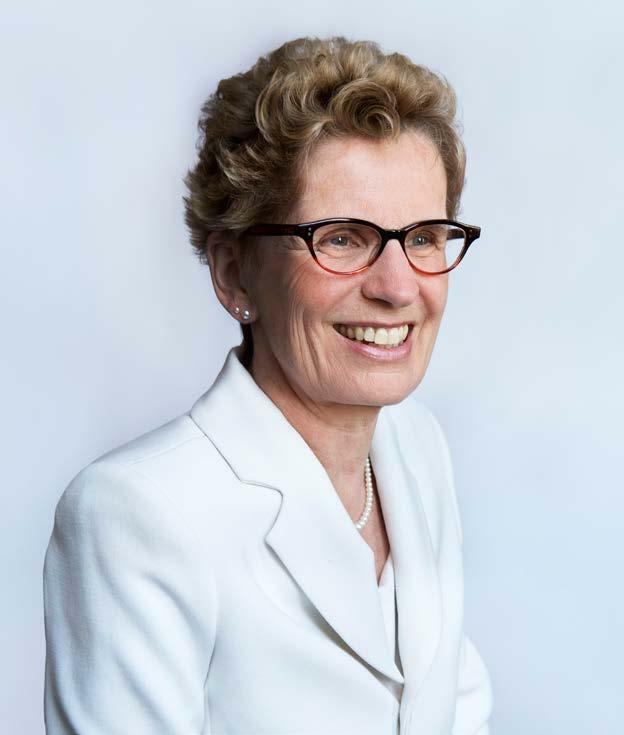
The Honourable Navdeep Bains is the Member of Parliament for Mississauga–Malton and was appointed Minister of Innovation, Science and Economic Development onNovember 4, 2015. He has extensive parliamentary experience, having represented Mississauga–Malton from 2004 to 2011. He served as Privy Councillor and Parliamentary Secretary to Prime Minister Paul Martin and then as Critic for Public Works and Government Services, the Treasury Board, International Trade, Natural Resources, and Small Business and Tourism.
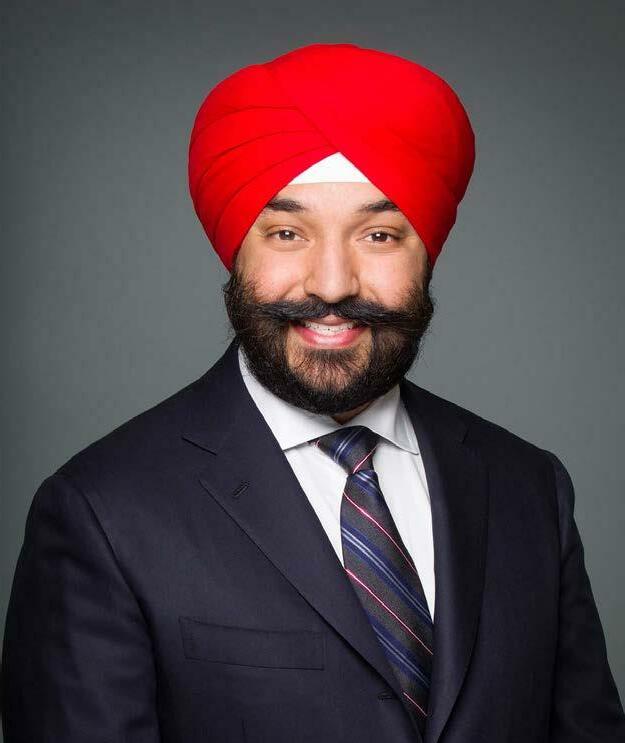
Minister Bains was an adjunct lecturer at the Master of Public Service program at the University of Waterloo and a distinguished visiting professor at the Ted Rogers School of Management at Ryerson University. His private sector experience includes several years at the Ford Motor Company of Canada.
In addition to ties within the academic and business communities, he has held Director positions with social and cultural organizations within the non-profit sector. He is the recipient of a number of awards recognizing his work in promoting diversity in communities.
Minister Bains has a Bachelor of Administrative Studies from York University and a Master of Business Administration from the University of Windsor. He also holds a Certified Management Accountant designation.
e is a long-time resident of Mississauga, where he lives now with his wife and two children.

Profile: High Commissioner Vishnu Prakash, who is a LL.B (Gold Medalist), joined the Indian Foreign Service in 1981. After postings in Moscow, New Delhi and New York, he was appointed Consul General of India in Vladivostok in 1992, becoming the first head of Post in the world to set shop in the hitherto closed port city of Far-eastern Russia.
He next served as Director in the Ministry of External Affairs, (MEA) looking after Nepal and Bhutan between 1994 and 1997 during which period he also did a three-month sabbatical with the Asia Pacific Center for Security Studies in Hawaii (USA). His fascination for East Asia took him to Tokyo in 1997. He returned to region in 2006 as Consul General of India in Shanghai, after completing two interesting assignments as Counsellor in Islamabad and Minister in Cairo. He moved back to New Delhi in August 08, to
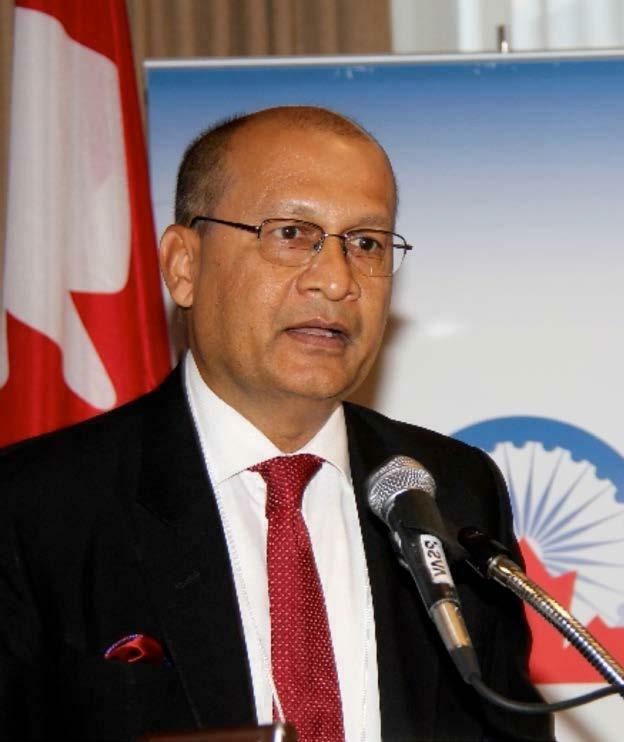

serve as the Official Spokesperson of the MEA, when he interalia was a member of Indian Prime Minister’s delegation during all overseas visits. He returned to East Asia the third time in January 2012 as the Ambassador of India to Seoul. On 22 August 2013, he was conferred an Honorary Doctoral Degree in Business Administration by the Tongmyong University in Busan. On 22 January 2015 he was bestowed the ‘Ambassador of the Year, 2014’ award by the Asia Society, Korea Center.
Mr. Prakash assumed the office of High Commis sioner of India in Ottawa on 8 March 2015.
Amb. Prakash is married with two children. His wife Mrs. Neelam Prakash has a Master’s degree in Economics. She is a keen practitioner of Yoga and loves golf. His son Abhimanyu Prakash (32) is with a financial company in New York and his daughter Katya Prakash (29) is a doctor in San Diego, California
High Commissioner Prakash is fond of travelling, reading, yoga and golf.
Canada India Foundation recognizes the Global Indian’s journey that is a principal catalyst in the transformation of India into a global economy today.
From the outset, CIF’s founding Members believed that an award must be created that recognizes this Global Indian journey, by honouring one individual every year, who symbolizes the success of the journey through his or her own individual success which in turn inspires and makes other members of the global Indian diaspora proud. Such an award would be unique in a number of ways:
n It would be the first such award for the Indian diaspora originating outside India, that is global in its scope, with Canada taking the honours in being the first nation to conceive of the award.
n It would recognize personal and professional success of the potential award recipient, but also look for an extension of that success through philanthropy.
n The award would be more than symbolic, with a cash contribution of $50,000, that would be presented to a charity of the award recipient’s choice

he vision for the award became a reality, when our founding convenor Ajit Someshwar convinced late Vasu Chanchlani, Member of CIF Board of Governor to commit to a significant contribution towards an endowment for the award. This commitment was matched by commitments of sponsorship from ten more members of the CIF Board of Governors and the Canada India Foundation Chanchlani Global Indian Award was born.
n keeping with the uniqueness and prestige that would define the award, an attractive trophy was commissioned through Bennett Galleries of California. The trophy, with its golden metallic curvilinear design, cradling a globe in the centre, and resting on a contrasting dark rectangular base engraved with the name of the award and its recipient is an exquisite symbol of the Global Indian journey.
This year, Canada India Foundation is proud to present the Award and the trophy for the sixth time.
Mr. Sam Pitroda Chairman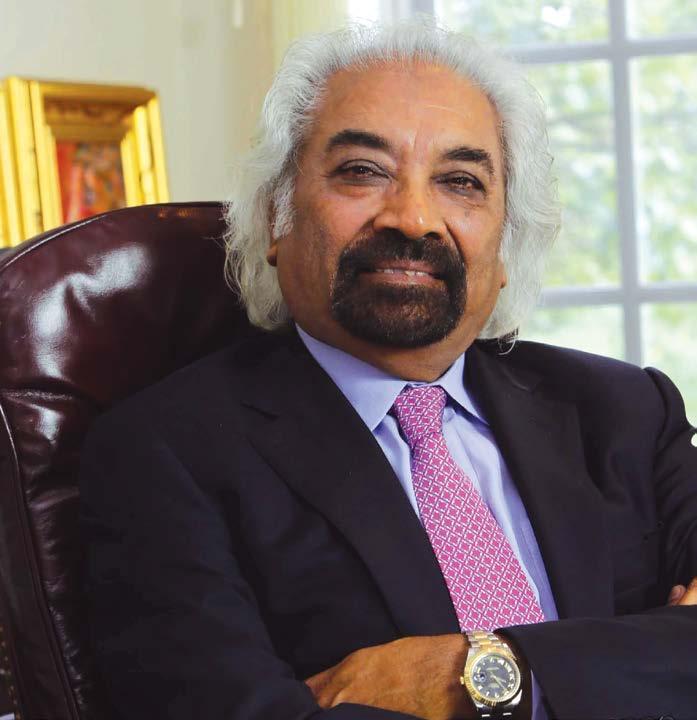

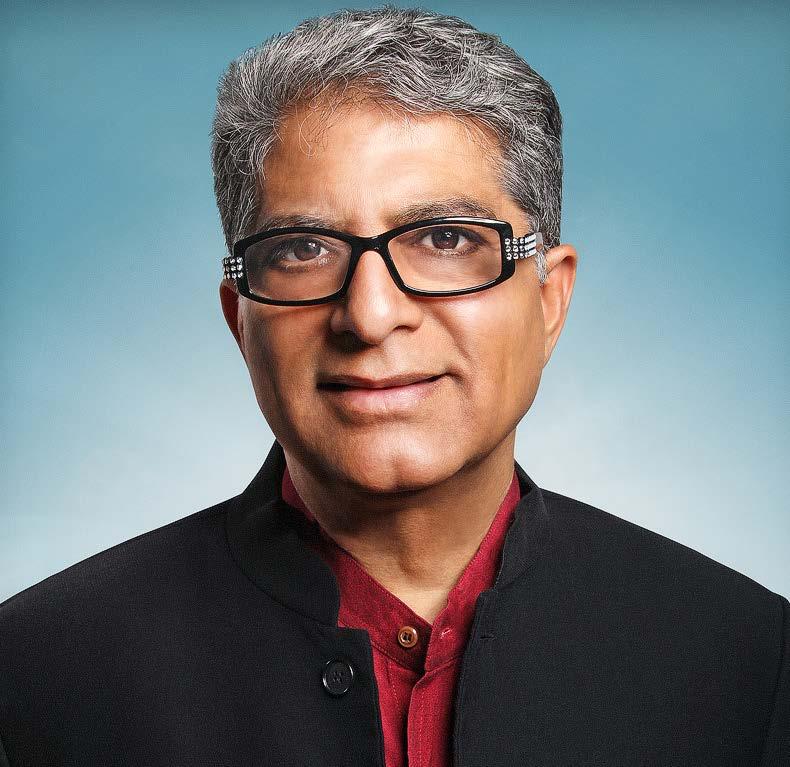 Mr. Tulsi Tanti President & CEO
Mr. Tulsi Tanti President & CEO
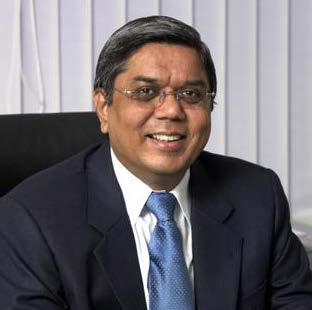
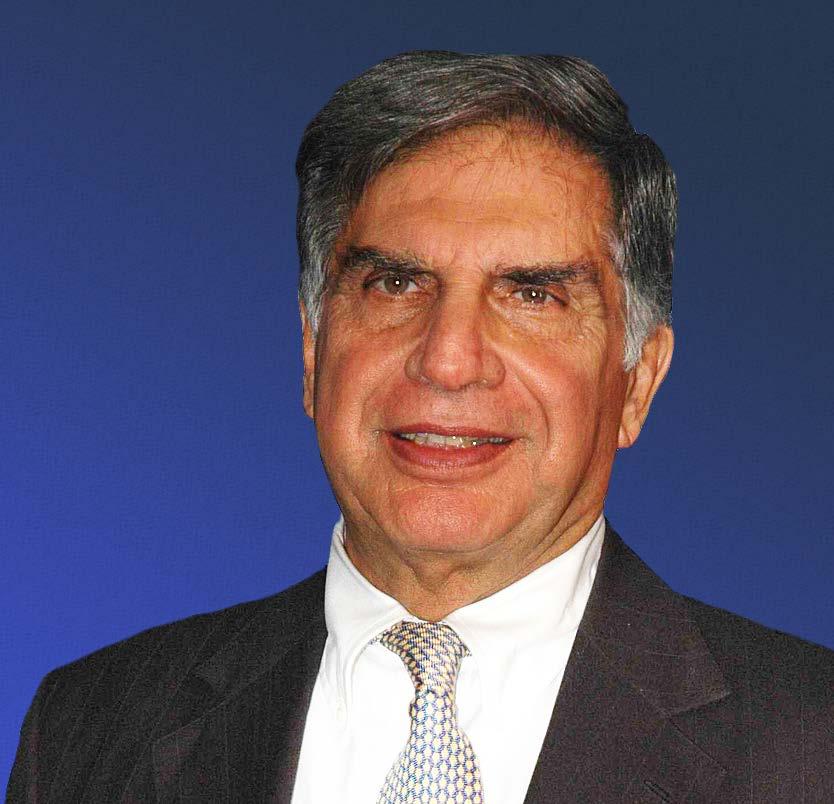
 Mr. N.R. Narayana Murthy Chairman Chairman Emeritus, Infosys
Mr. N.R. Narayana Murthy Chairman Chairman Emeritus, Infosys
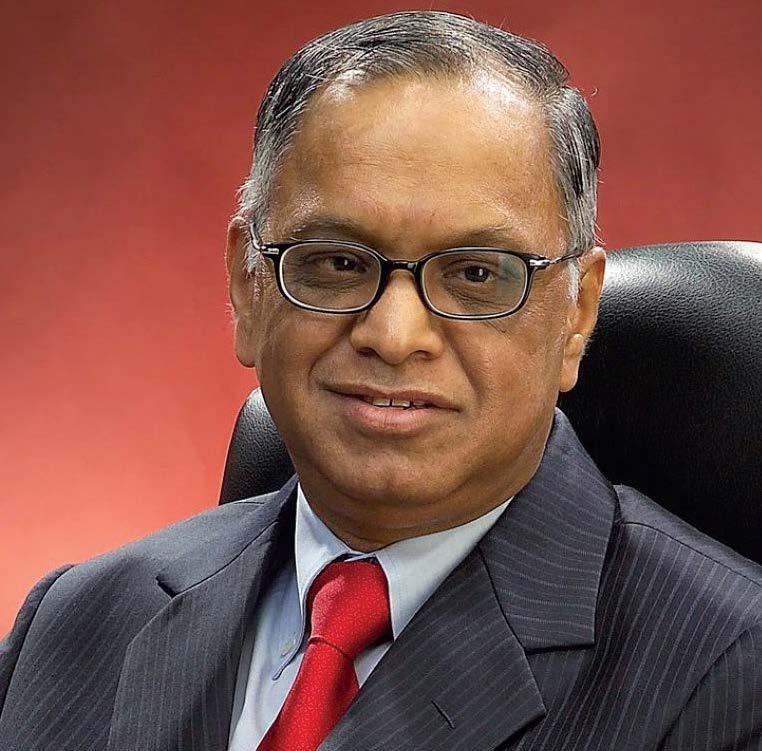













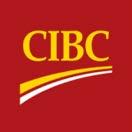

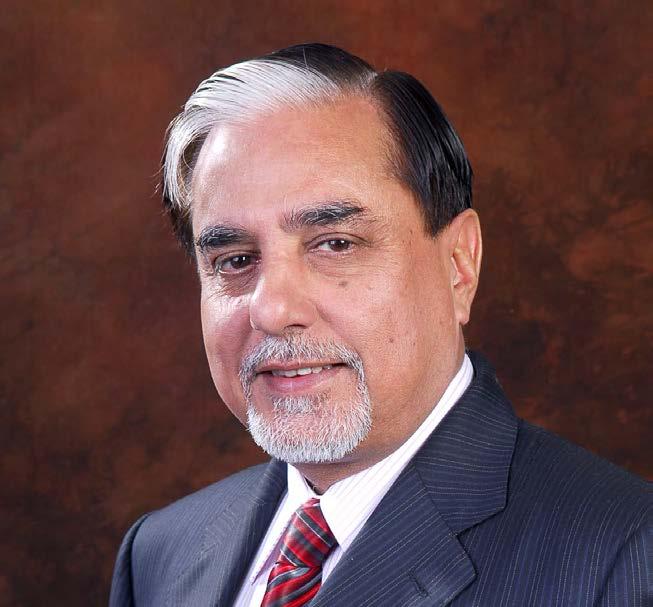
Dr. Subhash Chandra, Chairman of the Essel Group of Companies is among the leaders of the global media & entertainment industry. A selfmade man, and a true visionary, Dr. Chandra has consistently demonstrated his ability to identify new businesses and lead them on the path of success.
Dr. Chandra is rightly referred to as the Media Moghul. He demonstrated his pioneering vision when launched the country’s first satellite television channel - Zee TV in 1992 and later the first private news channel, Zee News. ZEE as a brand today, has achieved a global recognition, reaching nearly a billion viewers in 169 countries offering 33 channels in India and 37 channels internationally. For his contributions to the industry, Dr. Chandra has been awarded the 2011 International Emmy Directorate Award recognizing excellence in television programming outside the United States, becoming the first Indian to receive this Award.
Dr. Chandra shares his rich experience on the popular Dr. Su Chandra Show, which
addresses the youth of India and is watched across the country.
Aphilanthropist with influence, Dr. Chandra
He has set up TALEEM (Transnational Alternate Learning for Emancipation and Empowerment through Multimedia) to provide access to quality education through distance and open learning. He is also the Chairman of Ekal Global — a movement to eradicate illiteracy from rural and tribal India providing free education to over 1.4 million tribal children across more than 52,000 villages through one-teacher schools. Dr. Chandra is also the Founder Chairman of Global Foundation for Civilization Harmony (India) (GFCH), an Eastern initiative for conflict avoidance and a partner of the United Nations Alliance of Civilization (UNAOC).
Canada India Foundation is honoured to present the 6th Canada India Foundation Chanchlani Global Indian Award to Dr. Subhash Chandra.
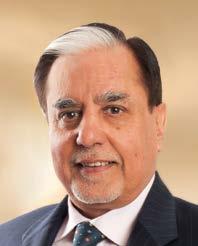
Canada India Foundation had the opportunity to ask Dr. Subhash Chandra, the 2016 CIF Chanchlani Global Indian Award recipient, some questions about his vision, his passion and his perspective on IndoCanadians.
CIF : You changed the way people watched TV in India in 1992 and now you are again re-defining television journalism with your aggressive and nationalistic approach to major issues. How do you always manage to think ahead of others?
Dr. Subhash Chandra (DSC) : As we believe “Only change is constant” if we practice this in our daily life than only one can think and move ahead. Otherwise we as a race resist change and feel comfortable in the status quo.
CIF : You are a Media Mogul, a Businessman, a Motivational Speaker and a Philanthropist. Which of these roles is closest to your heart and why?
DSC : Being a business person I will want to see maximum ROI. However I see that motivating larger body of my countrymen will bring greater results.
CIF : North America is very important in your expansion plans. Please tell us a little more about that.
DSC : I believe the Americans are ace marketeers and are able to sell their thoughts globally. I want to beat the best at their game.
CIF : You are dedicating the award money to Ekal Vidyalaya. Please share with us the work they do and your association with it.
DSC : Ekal Vidyalaya’s mission is to bring basic education to every child across rural India. Not only education, but it is also taking serious steps towards health care and economic independence in rural India what we call as ‘Gram Swaraj’ (economic
independence at the village level). Currently there are about 53,000 Ekal schools functioning across 20 states in India. Recently a chapter has been opened in Canada, I hope that this movement gets further boost from you all.
CIF : Your views on Canada-India relations and how both countries can benefit from each other, business and otherwise, especially with new leaders at the helm.
DSC : I firmly believe, some of the western powers, some time show their muscle power in order to get economic and political gains in the global arena. Canada is one great nation, who has not only refrained fro such acts but has demonstrated respect for all nationalities, without showing it’s economic muscle.

CIF : Your comments about Canada India Foundation, the Gala tonight and about visiting Canada at this time.
DSC : I reluctantly accepted the award. Afterwards, the kind of mails and calls I received are testimony that CIF is not only a well-respected body but also a force to reckon with. I am happy to be amongst all the leadership team of CIF. Look forward to meet the Board of Governors and dignitaries at the event.
CIF : anything else you want to share with the Indo Canadians who are excited to see you in person.
DSC - Want to learn more from them by listening than talking. I can’t wait to meet friends (even without knowing them, I am feeling positive vibrations) of CIF and others at the event. I am feeling humbled with the honour they are conferring on me.

Vasu Chanchlani was a spontaneous person. It is difficult to recall any occasion where he walked in without a big smile on his face, warmth in his greeting and often a big hug. The spontaneity was not limited to his demeanor but it was also reflected in his actions, especially when it came to helping people or causes. It was, nonetheless, backed up by a very cleaar vision and sense of values. So whether it was research in academic institutions, schools for underprivileged children in India, eyesight for the visually impaired, home for senior citizens, recognition of the valiant soldiers who fought and died for Canada or support of the democratic political process in Canada, Vasu was there with an open heart and generous pocketbook.
The first National Convenor of Canada India Foundation (CIF), Ajit Someshwar, approached fellow CIF member Vasu with the idea of creating an award to recognize the achievements of the Global Indian, Vasu readily agreed to contribute
to an endowment and to become the named sponsor of the award. With additional contributions from other CIF members, the award would be called the CIF Chanchlani Global Indian Award, carrying with it a $50,000 cash prize as well. With this award, Vasu’s name became synonymous with that of CIF and enhanced the profile of CIF. Apart from CIF, other IndoCanadian organizations were also beneficiaries of his generosity.
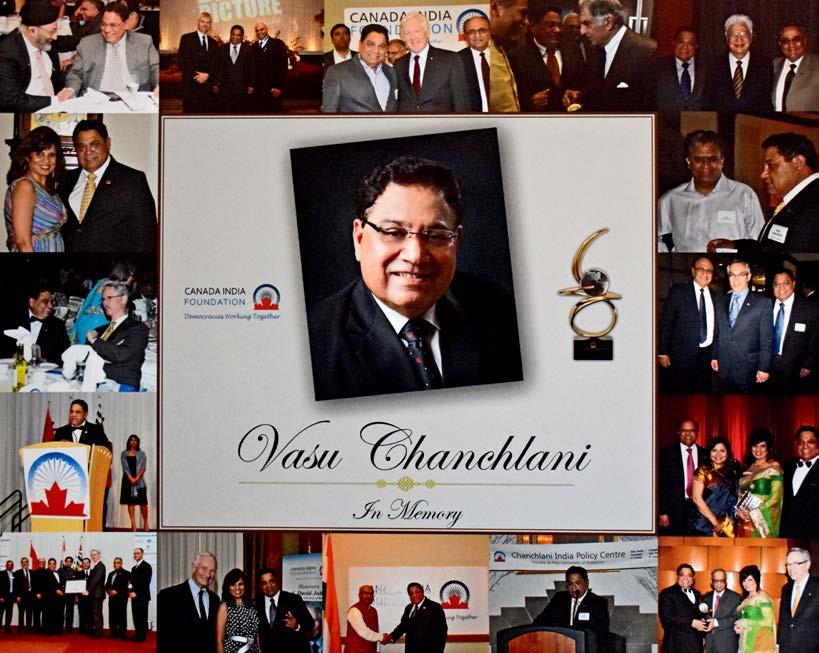
Vasu’s passing away in 2014 was too soon and sudden. In the few months previously, he had been involved in active discussions with CIF executive on new initiatives for CIF and on further streamlining the award process. The memorial event held by CIF brought out more aspects and beneficiaries of his generous nature. The Board of Governors of CIF take the opportunity of the 2016 Gala, to remember with fondness for all he did and sadness for the fact that he is not here today.
We acknowledge and thank his wife Jaya Chanchlani and his daughter Tina Chanchlani for joining us today in presenting the 6th CIF Chanchlani Global Indian Award.

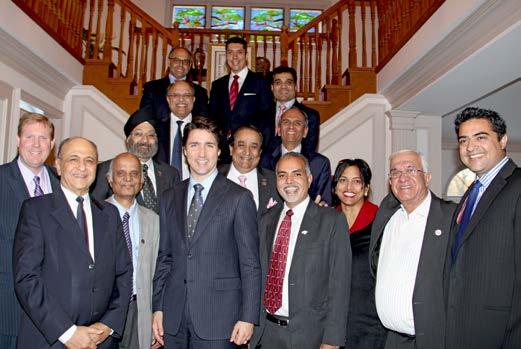
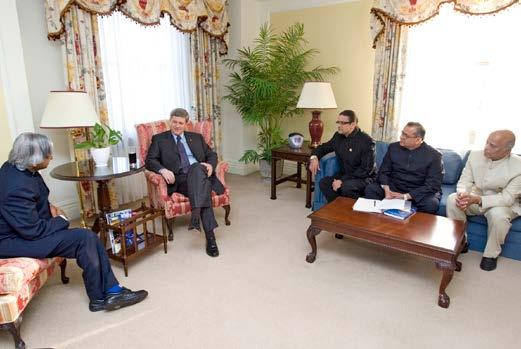
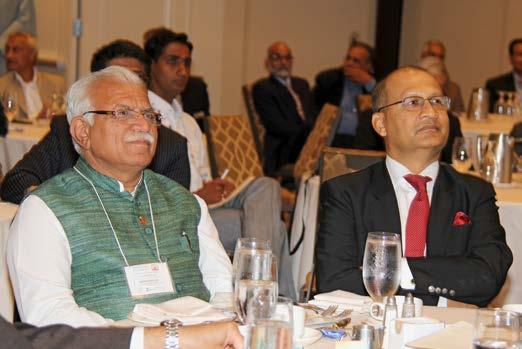
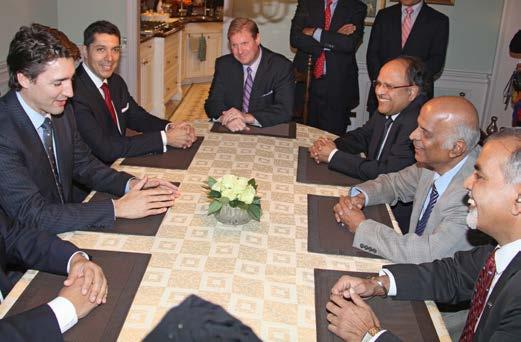
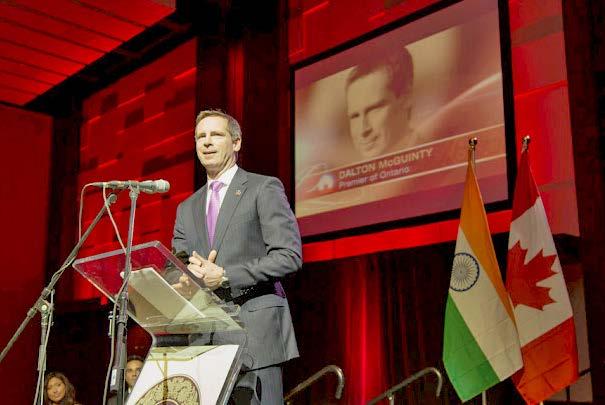
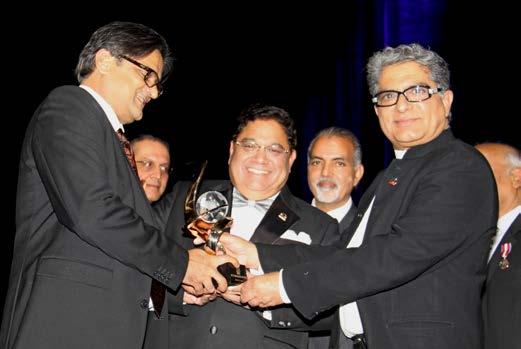
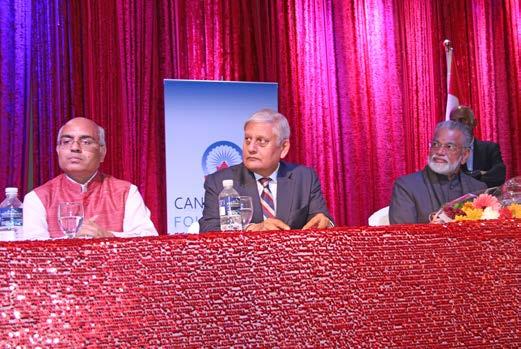
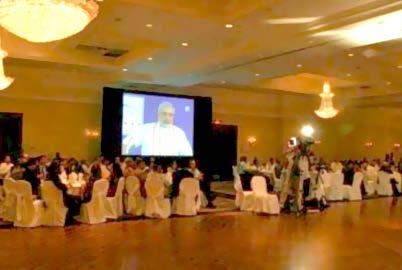

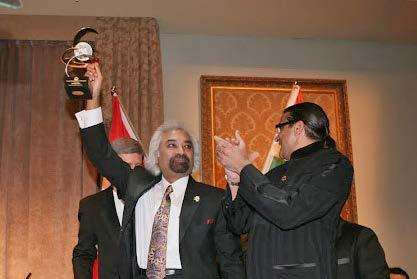
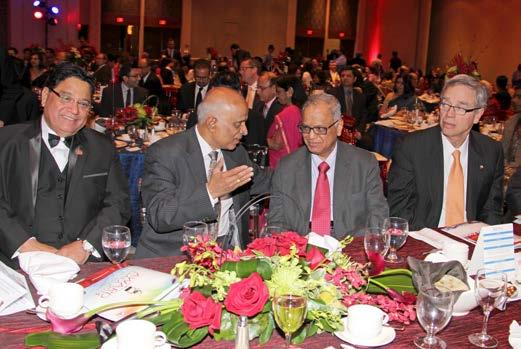
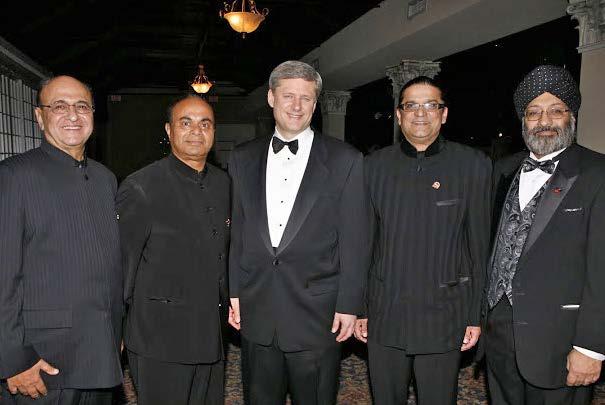
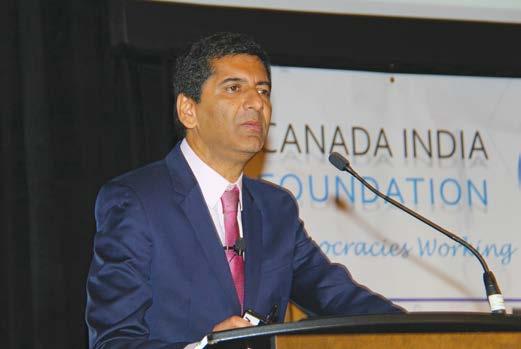
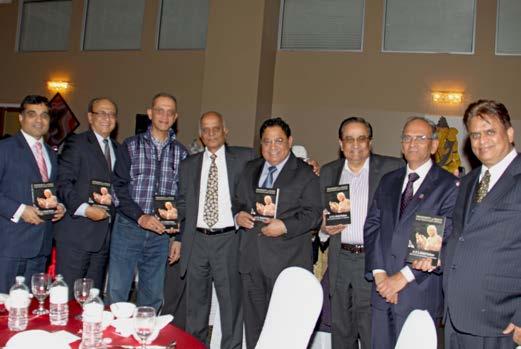
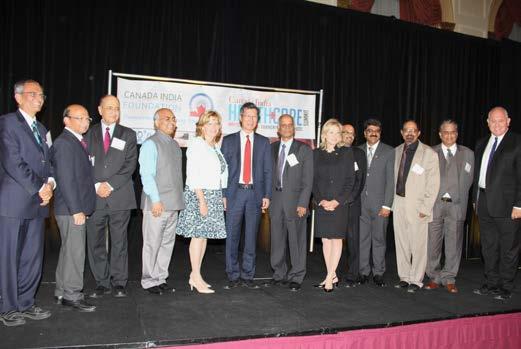
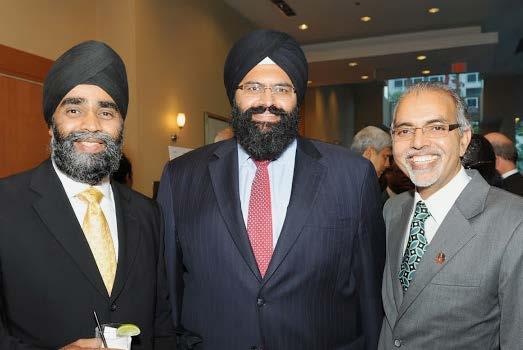
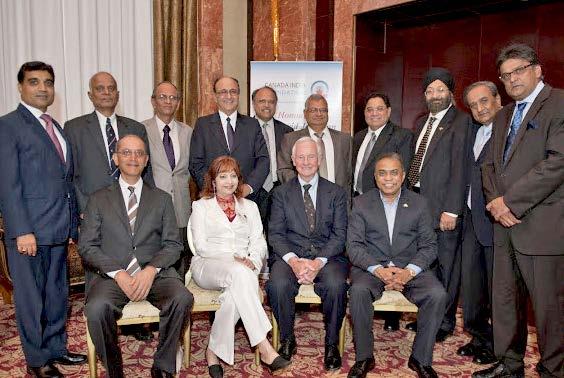
I
n 2007, a number of prominent and socially active members of the Indo-Canadian community got together to discuss ways to enhance the profile of the Indo-Canadian community and to strengthen relations between Canada and India. While there were a number of social, cultural and business organizations operating in this space and making valuable contributions, it was felt that there was a need to take the conversation to a higher level by focusing on public policy.
Thus was formed Canada India Foundation, as a non-profit, non-profit and nongovernmental organization with the above stated objectives. The community leaders who signed up to be part of the organization had many things in common, professional and business success, community activism, philanthropy and above all a passion for their country of origin, or matru-bhoomi, India and their adopted country, or karma-bhoomi, Canada. Since then, CIF has been working towards this objective actively engaging federal and provincial Cabinet Ministers, Members of Parliament, Senators, the Canada India Interparliamentary Friendship Group, as well as Indian business and political leaders. CIF believes stronger relations between Canada and India require active engagement across federal, provincial, municipal, academic and last, but not the least, business/ private sectors. CIF’s signature Canada India forums have been an effective platform to facilitate such engagements and produce results based on expert recommendations.
CIF’s Canada – India Forums: With the belief that that one of the best avenues for highlighting and promoting opportunities for greater trade between Canada and India would be through public policy
focused dialogue, CIF embarked on a series of thematic forums to highlight India’s needs and Canada’s strengths. Forums, held to-date, include:
n Canada India Energy Forum, April 2009 - Toronto
n anada India Mining and Metals Forum, September 2010 - Toronto
n Canada India Agriculture and Food Processing Forum, September 2012 - Vancouver, Saskatoon
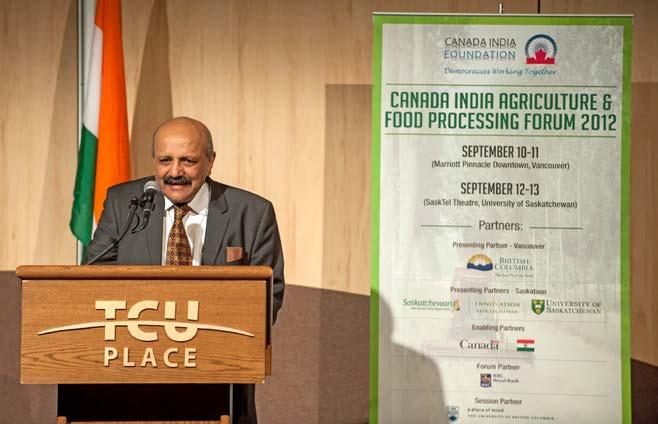
n Canada India Infrastructure Forum, April 2014 –Ottawa, Toronto
n Canada India Healthcare Forum, May 2015 –Toronto
The Outcomes – Energy Forum: One of the main triggers for holding CIF’s first Canada India forum, the Canada India Energy Forum was to rejuvenate the dormant relationship on the civil nuclear front between Canada and India. The seeds for this were first sown when CIF facilitated a meeting between India’s former President, Dr. Abdul Kalam and Canada’s then Prime Minister, Stephen Harper in April 2008. Encouraged by the meeting at which civil nuclear agreement was first broached, CIF organized
the Energy Forum, to highlight not only the nuclear energy but also other energy options including Renewable Energy. The principal recommendation made by the Forum was a speedy conclusion of civil nuclear agreement between Canada and India. Serious discussion between the two countries followed. As of April 2015, an agreement was in place whereby Canada, through Cameco, would supply 7 million pounds of Uranium to India over the next 5 years for generation of electricity.
The Energy Forum also enabled fresh dialogues to be initiated between stakeholders in other energy sectors. Canadian know-how on renewable energy was highlighted to Indian stakeholders. The Energy Forum was the catalyst for meetings between key Canadian and Indian stakeholders, for example between Duncan Hawthorne, CEO, Bruce Power with senior executive from Tata, between the Gerald Grandey, CEO, Cameco and Montek Singh Ahluwalia, Deputy Chairman of Planning Commission, India, and between Ontario Government officials and Tulsi Tanti, CEO, Suzlon, India. Ontario led a delegation to India focusing on Cleantech and Renewable Energy in 2010 and again in early 2016. Since the Energy Forum, major energy partnership developments between Canada and India have taken place, such as:
n Supply of Canadian crude to India
n Investment by Indian Oil Company in a Canadian integrated LNG project
n Active engagement of Indian companies in Canadian LNG projects.
n Indian organizations have signed research & skill development agreements with Canadian universities , Simon Fraser, Southern Alberta Institute of Technology etc.,
n Dialogues at both the government level and at various private sectors have been going on for Canadian investment in India’s energy infrastructure as well as technical collaboration in areas of clean energy technologies, including solar, wind, power transmission and carbon capture & storage.
O utcomes – Mining Forum: CIF’s Mining Forum complemented the annual Canadian industry driven
event, PDAC, at which the Government of India has been participating regularly. CIF’s forum enabled various stakeholders to come together to discuss the opportunities and challenges. Specific to the Mining sector, there are challenges, at least for the Canadian companies wanting to take part in the Indian mining scene and for India to take advantage of Canada’s global leadership in not only the supply of natural resources but also expertise in mining technologies from exploration to delivery. The forum highlighted these challenges and urged the governments to review regulations in the sector to facilitate greater partnership.
Mining opportunities currently being explored or developed include:
n Joint ventures with Indian mining firms to develop virgin mining properties
n Export of coal to India
n R & D Collaboration
n Knowledge transfer
As a result of interactions facilitated during the Mining Forum, a major Canadian technology development company has been working with a major Indian metallurgical company on technology developed by the former for recovery of nickel.
Outcomes – Agriculture & Food Processing Forum Held in partnership with Governments of British Columbia, Saskatchewan and University of Saskatchewan, the Agriculture Forum highlighted the research and development in the Agro sector in Canada, especially in collaboration with and focus on the Indian Agro sector. One of the major recommendations from the Forum was to create a strong Canada India research initiative on agriculture sector collaboration. Other recommendations made were:
n promote greater use of Canola oil in India to meet India’s need for healthier cooking oils;
n Create partnership between Canada and India to increase India’s value-added food processing, food storage and distribution capacities, with specific focus on construction of silos and cold
storage facilities;
n Utilize opportunities for turning bio-fuels such as wheat straw, bagasse and rice husk into energy

Current successes in this sector include establishment of a dairy herd registration system in India; development of weather-based crop insurance programs, and innovation in pulse production and usage.
Outcomes – Infrastructure Forum The main objective of organizing the Infrastructure Forum was to highlight the tremendous opportunities in the infrastructure sector in India, in keeping with economic growth. Investment is the keyword in Infrastructure, and there has been much progress since the Forum, with investments by Canadian Pension Plan fund and Teachers Pension Fund among others. Infrastructure is not just bricks and mortars and one of the key areas is water treatment systems as well as water distribution systems. One example of collaboration is between Process Research ORTECH and Eureka Forbes (Shapoorji Pallonji) for the development and implementation of municipal and industrial waste water recycling system, with the first successful implementation already underway near Pune. IC-IMPACTS, set up by Government of Canada, which was a participant in the Infrastructure Forum has since been involved in joint technology development with several Indian institutions. The big breakthrough, from Canada’s perspective at least, would be to partner in the development of one of India’s Smart Cities implementations.
Outcomes – Healthcare Forum CIF’s most promising forum to-date, after Energy Forum, has been the Healthcare Forum and follow-up initiatives have already started. Traditional healthcare was given prominence in the Forum, with the participation of India’s Ayush ministry. Subsequent to the Forum, new partnerships in Indian traditional healthcare have been formalized at a major university in GTA. Toronto Rehab, one of the partnering organizations has also established relationship with a major Indian institution to share its expertise. Another area where
serious discussions are already taking place is in the area of Telemedicine between Ontario Telehealth Network (OTN) and a major healthcare institution in India.
The success of the Healthcare Summit has resulted in discussions leading to a proposed follow-up Summit in India in early 2017. Delegates who attended the Summit in Canada, including Apollo Hospitals, the leading hospital system in India, have taken the initiative along with a private investment banking company to expand on the conversation and develop new collaborative relationships in the healthcare industry. Canada India Foundation is also planning its next Forum in Canada, focusing on another key sector, Manufacturing, to capitalize on India’s Make-in-India objective.
The Canada India forums have helped strategic policy-based discussions between Canada and India, which was one of the main reasons that CIF was formed. They have provided an ongoing platform for creating partnerships in all the sectors covered between private sector, academic and public sector/government entities in both countries. With Export Development Corporation of Canada (EDC) being a participant in most of CIF’s forums, participants have been able to understand the role EDC plays by supporting, financially and otherwise, Canadian companies to participate in initiatives in India The forums have also highlighted challenges that will need to be overcome so that Canada will be a natural and preferred partner to India in the sectors identified.
Immediate Past-Chair, Canada India Foundation

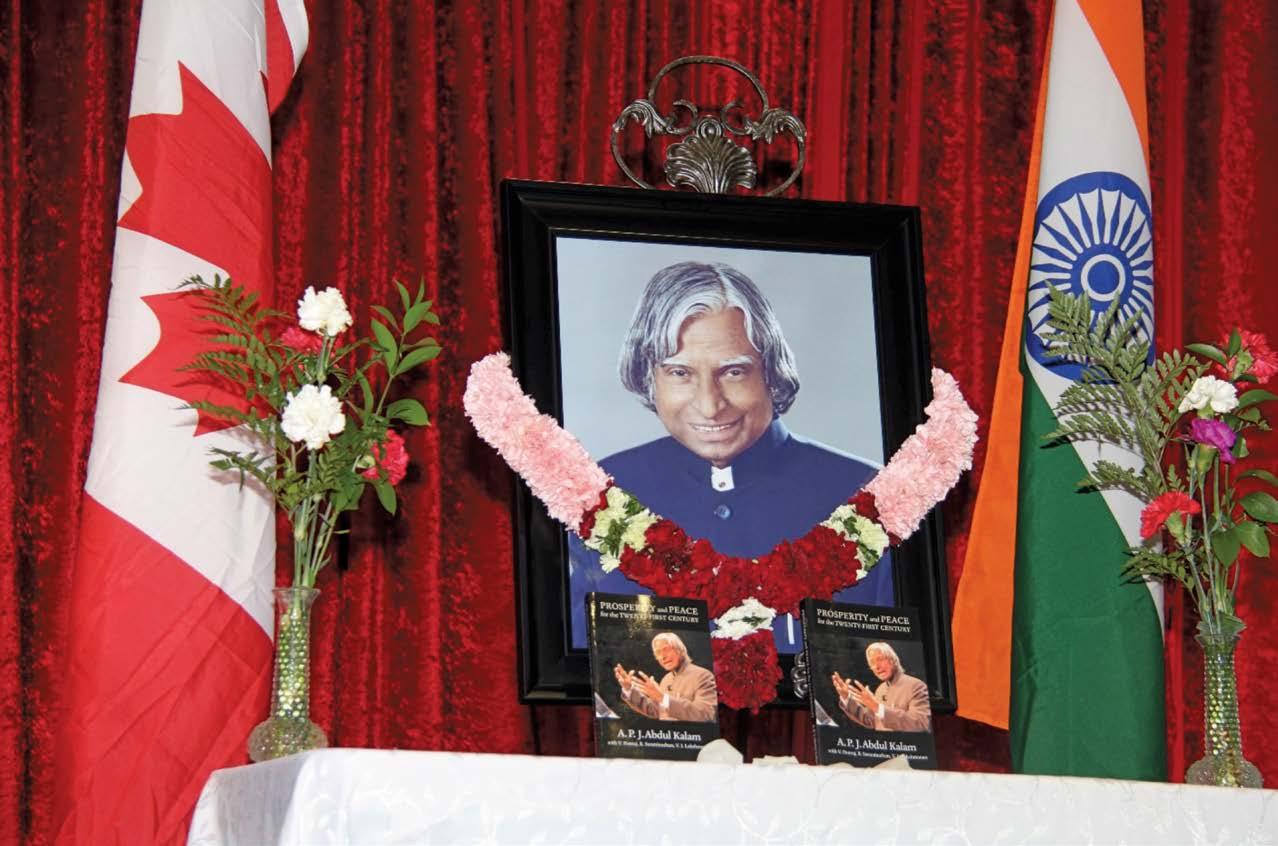
There is no public figure from India who is more closely associated with Canada India Foundation (“CIF”) than Dr. A.P.J. Abdul Kalam, the 11th President of India, who passed away last August, after an illustrious life, highlighted by visionary achievements, countless honours and above all great love from people, especially youth. CIF fondly remembers this great person, who generously gave his time and shared his vision, during multiple visits to Canada, facilitated by CIF.

It was just in 2007 that a number of prominent Canadians of Indian origin, passionate about India and committed to strengthening relations between Canada and India, got together to form Canada India Foundation, a non-profit public policy organization. The first major event of the Foundation, scheduled for April 2008, was just around the corner and would also be the occasion for the unveiling of the CIF Global Indian Award. The Executive of CIF wanted to ensure that the event had a high profile and had been successful in securing the participation of the Prime Minister of Canada, the Right Hon. Stephen Harper. When Dr. V.I. Lakshmanan, one of the Founders of CIF, suggested that the Chief Guest for the event from
India could be India’s former President, Dr. A.P.J. Abdul Kalam, CIF jumped at the opportunity. Thus began a fruitful relationship between CIF and Dr. Kalam, which continued through the following years.
Once Dr. Kalam’s acceptance to be the Chief Guest at the first CIF Award Gala in 2008 was confirmed, the CIF team swung into action to plan a series of high-profile meetings, presentations and interactions to maximize the value of Dr. Kalam’s visit. The high-profile meetings included ones with Prime Minister Harper and Ontario Premier Hon. Dalton McGuinty. The meetings were planned around Dr. Kalam’s main passions, public policy for national and global welfare, education, spirituality, culture and most importantly youth. Despite his age and the short stay, Dr. Kalam asked for and obtained a packed schedule highlighted by his participation and keynote address at CIF Award Gala, meetings with faculty and address to students at Waterloo, taking part in cultural festivities and demonstrating his skills in playing the Veena, address a high profile audience at MaRS and meeting with the President of University of Toronto.
Dr. Kalam’s 2008 visit to Canada was a remarkable success. Most notable was the fact that, while he was no longer in office, he was the highest ranking Indian dignitary to have come to Canada after Indira Gandhi more than 35 years earlier. While it was not an official diplomatic visit, it nonetheless signified a positive shift in the relations between Canada and India. It also greatly enhanced the profile of Canada India Foundation and through it, the overall profile of Canadians of Indian origin.
It was therefore, no surprise, that when Canada India Foundation embarked on its next major initiative, an ambitious policy forum to bring together leading players from public and private sector in Canada and India for a policy level discussion on cooperation in energy, Dr. Kalam’s participation was naturally sought. The Canada India Energy Forum 2009, which attracted more than 250 high profile figures in the energy sector from the two countries, began with a special live video address from Dr. Kalam, who in his own inimitable way set the stage for the next two days of discussion, culminating in a set of recommendations for energy cooperation. One of the recommendations, presented to both governments, was for a civil nuclear agreement and this came to fruition later that year.
Dr. Kalam’s visit to Canada in 2010 was highlighted by the conferment of an Honorary Doctorate on him by the University of Waterloo and by his Keynote Address at the Canada India Mining and Metals Forum. As in 2008, CIF took the lead in organizing a series of meetings and talks by Dr. Kalam, this time, including meetings in Vancouver and Niagara Falls in addition to Toronto and Waterloo. During this visit, Dr. Kalam also
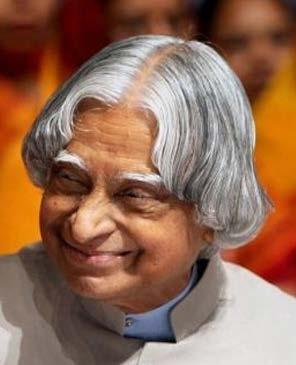
n Spoke at Simon Fraser University n Met with the Premier of British Columbia n Talked to students from Niagara Falls and vicinity n Took part in think tank sessions at University of Toronto, among many activities n Addressed a number Indo-Canadian cultural and spiritual organizations
Dr. Kalam’s interaction with Canada continued in 2012 as well. Whilst CIF was not directly involved in his October 2012 whirlwind visit to Canada, CIF members Lucky Lakshmanan and Barj Dhahan were instrumental in making the trip happen. During this very short trip, Dr. Kalam gave the Dhahan Memorial lecture at Carleton University in Ottawa, then flew to Vancouver to receive an Honorary Doctorate from Simon
Fraser University. Next month, CIF published a book consisting of all the talks he gave during his trip to Canada in 2008 and 2010, which is now a cherished memento for Indo-Canadians to remember him by.
Dr. Kalam moved easily from the high and mighty to the low and humble, from adults to youth and children and from rocket science to fine arts. He was as much at ease with entrepreneur Mike Lazaridis of Blackberry fame, Nobel Prize winner John Polanyi and the like as he was with a pre-teen child learning the intricacies of Carnatic music. An excellent example of his transcending skills was how he transferred the innovations in composite materials in his space projects to developing low cost prosthetics for the disabled. During his visit, he once spoke to an organization with representation from leading Universities, then came down on the floor to have a spontaneous interaction with children capped by the playing of his favourite instrument, the Veena, delighting all. In every meeting he spoke at, he exhorted the youth to 1) respect their parents, 2) always strive to do their best and 3) be passionate about serving their country and humanity.
The cumulative impact of Dr. Kalam’s visits to Canada (both in person and virtual) from 2008 to 2012 was multi-fold: n The visits highlighted the growing importance of India as an emerging economic power, with the capability to develop and implement solutions to meet its needs in a manner that can be adopted elsewhere n They emphasized the importance of Canada
and India, based on their shared heritage and shared values to work together for mutual as well as global benefit
n They shone the light on Canada’s IndoCanadian community, economically Canada’s most successful ethnic group
n They exposed Indo-Canadian youth to values as espoused by Dr. Kalam n They ignited a passion among the youth for developing leadership skills to benefit humanity n Canada’s model inspired him to create his PURA project to provide urban amenities to rural areas.
Dr. Kalam will remain an inspiration to CIF’s Board of Governors as he will be for the youth of Canada and India. CIF is proud to have been a co-traveller with Dr. A.P.J. Kalam on his journey to make the world a better place for all of us.
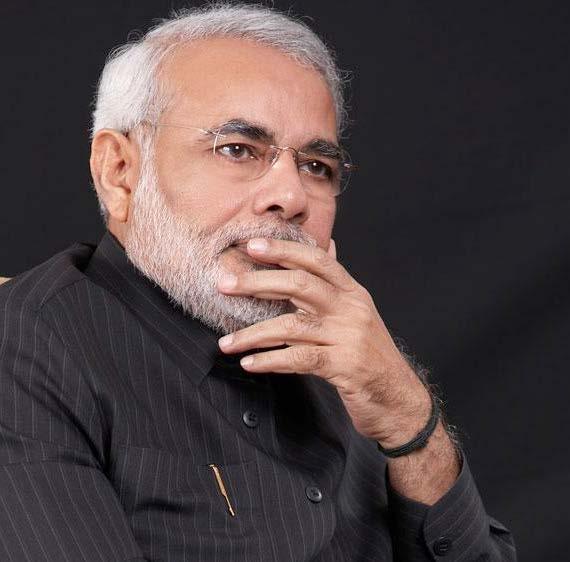 By: Anil Shah
By: Anil Shah
(2) Rapid transformation of Indian Railways is there for everyone to see. Be it swanky clean platforms or superfast trains or a railway minister readily available to help via twitter, things are definitely on the right track there.
The Narendra Modi led BJP government will complete 2 years in office next month. A lot is being said about his performance and whether it’s more hype and less action? While many of us do understand that we are probably expecting too much from him too soon, given the complexities of Indian politics, it’s worthwhile to revisit the last 24 months and see what Mr. Modi has been up to.
Generally, we pay more attention to why the government is not doing this and why is it so slow on that?
Ibelieve we should pay more attention to what is being done, rather than not done. Keeping that in mind, I have tried to dig out some facts and results delivered on the ground so far. To keep it simple, I am writing them down in points. It may help you decide whether Mr. Modi is a marketing genius or an action hero or both.

(1) Perceptions matter and it’s a fact that Modi has enhanced India’s image globally and instilled a new confidence among Indians everywhere.
(3) The speed with which this government is electrifying Indian villages shows there is light at the end of the tunnel after all.
(4) Remember any prime minister who came up with so many brilliant ideas and schemes in such a short time? Make in India, Skill India, Clean India, Clean Ganga, Smart Cities project, International Yoga Day, his radio show Mann ki Baat... the list is endless.
(5) Zero tolerance towards corruption is drastically changing attitudes and mindset. No scam after 2 years in power. Compare that to the scam-a-day government earlier
(6) Getting rid of old, outdated laws and making the processes simpler.
(7) A lot more, visible focus on technology, making the government more accessible
(8) He has replaced Planning Commission with Niti Ayog.
(9) Jan Dhan Yojana is a remarkable success story, opening more than 140 million bank accounts, many of them with zero balance, for the poor and underprivileged.
(10) He is the first Indian Prime Minister to officially visit Canada in 4 decades, Australia in 3 decades and next door neighbour Nepal in 2 decades, while paying equal attention to smaller nations as well.
(11) What was considered his weakness has turned out to be his biggest strength, the foreign policy. How he convinced Saudi Ara bia not to charge on time delivery premium charges on crude oil, for storing their oil in India, building dams in Bhutan and Nepal, improved relations with Sri Lanka, Bangla Desh and USA, are just a few examples.
(12) Safely evacuated Indians and others trapped in danger zones around the world.
(13) Successfully renegotiated Rafale fighter jets deal with France.
(14) Merging PIO and OCI cards and the launch of visa on arrival

(15) Securing uranium and nuclear fuel supply, putting India’s nuclear energy program on a fast track.
(16) He is the first Indian prime minister who dared to talk about bullet trains in India.
(17) Huge emphasis on Solar, Wind and other clean, renewable sources of energy mentioning Giga watts as against mega watts
(18) Renewed emphasis on education, making CBSE books available online, for free.
(19) Simple life led by his brothers and mother, using public transport and government hospitals compared to the political royalties of yester year.
(20) His Personal interactions with top global companies and CEOs has created a big buzz everywhere.
(21)
Getting Google to install free Wi Fi at 400 railway stations in India, in perhaps the largest public Wi Fi project in the world.
(22) Strongly pushing for a permanent seat for India at UNSC, not as a gift or a favour, but as India’s right.
(23)
Encouraging M.P.s to adopt a village and turn it into an Adarsh Gram (ideal village)
(24) The first prime minister ever to talk about ending open defecation by 2019 and providing toilets to every Indian household.
(25) His crackdown on foreign funded NGOs and plugging the misuse of funds raised abroad has ruffled many feathers, but so be it.
(26) Convinced millions of wealthy Indians to give up LPG subsidy, saving the govt. billions of rupees every year.
(27) Launching Mudra Bank for financing 6o million small businesses.
(28) His govt. while being criticized for being too pro-business, came up with the most comprehensive social security scheme for the under privileged.
(29) Delivered on his election promise of Mini mum Government, Maximum Governance by keeping his cabinet small and effective saving millions of $.
(30) Tightly controlling foreign trips of his ministers and bureaucrats thus controlling expenses and being fiscally prudent.
(31)
Making it much easier to set up shop in India. What took months earlier, is now done in just 1 day, online.
(32)
Clean, corruption free, successful auction of Coal blocks and telecom licences raising more than 5 lakh crore rupees for the public exchequer.
(33) Resolved a long standing boundary dispute with Bangladesh.
(34) Pitching India globally with his 3-D formula: Demand, Demographic Dividend and Democracy.
(35) Contrary to created perception, the Modi govt. is taking action on black money, recovering more than 16,000 crore rupees already.
(36) His push for LED bulbs is saving India energy and almost 27 million rupees a day, a number that will go up drastically. Approx. 20,000 MW power savings expected at the end of the project.
(37) His move to add a Neem coating to Urea has reduced it’s misuse for Industrial purpose, saving India almost 10,000 crore rupees.
(38) His vision for Jal Marg Vikas (developing Waterways for trade and tourism) can be a game changer.
(39) Staying away from divisive agendas and focussing on work has resulted in an approval rating of over 85 % even after 2 years in office.
(40) Billions of rupees allocated for providing cheaper credit for affordable housing.
(41) He is treated like a rock star wherever he goes. Thousands of people line up to see him, hear him. Has anybody seen an Indian Politician showered with so much love and respect globally? He must be doing some thing right.
(42) Raised the foreign equity cap to 49 % and signed Multi billion dollar deals in the de fence sector, with no smell of corruption anywhere.
(43) Roads and Railway tracks are being built at a much faster pace, almost 1.5 times faster
than the previous govt.
(44) He is indeed a man of action. If he says something, consider it done.
(45) Deregulated diesel prices and introduced Direct Cash Benefit transfer for cooking gas subsidy, saving billions of Rs. every year.
(46) Raised the foreign equity cap in Insurance sector to 49 %
(47) Cancelled the notorious Empowered Group of Ministers (EGOM), responsible for slowing down major decisions earlier.
(48) Working hard to introduce GST all across India.
(49) Delivered on the long pending One Rank, One Pension scheme for retired army per sonnel.
And last, but not the least…

(50) This is the first Indian Prime Minister who is extremely proud of and openly promotes India’s rich cultural heritage and traditions all over the world, reconnecting Indians with their roots and making us proud of being an Indian again. After all, where ever we go, what ever we do, Ye dil to hai Hindustani, right?
So now, I have just told you 50 big accomplishments for Narendra Modi and his government in less than 2 years in office. I am sure there must be many more that we will find out in the coming days and months. He is working very hard for India, for us and deserves full credit for it. Jai Hind Jai Canada.
Late 2009, The Board of the Canadian Museum of Hindu Civilization (“CMOHC”) decided to pay tribute to Canadian soldiers who sacrificed their lives, in peacekeeping duties all over the world. It was decided that a plaque would be put up inside the museum with names of the fallen soldiers. Ajit Someshwar, currently Chair of Canada India Foundation (“CIF”), an invitee to the board meeting suggested that erecting a monument would truly reflect the love and respect of the community towards the Canadian Armed forces and it’s unique role in this world. Dr. Doobay, the indomitable leader of the Vishnu Mandir and the Hindu community, cleverly transferred the responsibility back to Ajit to arrange the funding, design and execution of this project.
The rest is history! On October 2nd 2010, birthday of Mahatma Gandhi (“Man of Peace”), a solid granite 12 ft. monument was unveiled by an array of Canadian political and community leaders. It was the first private monument built in Canada as a memorial to our soldiers.
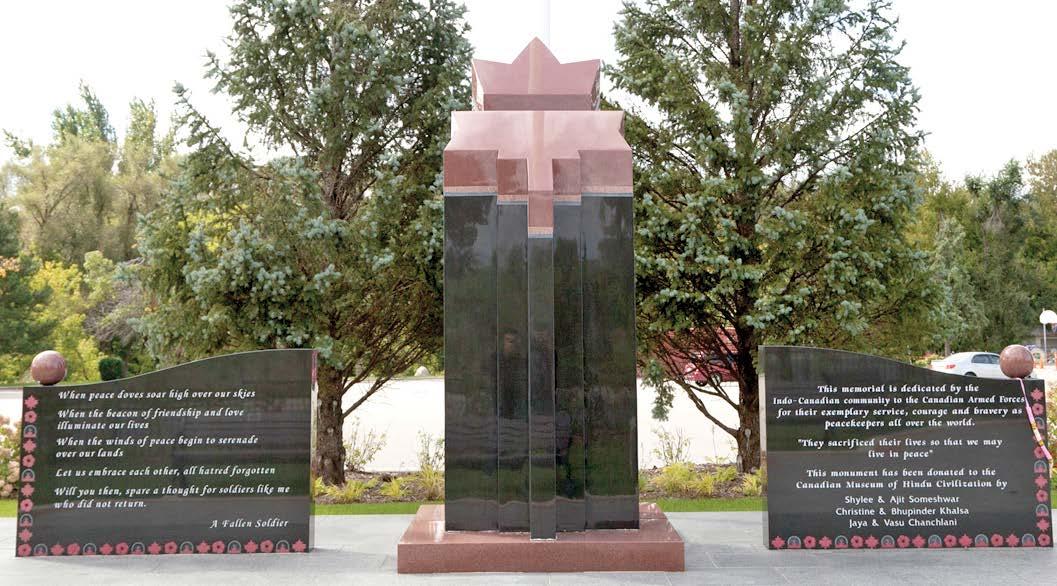
At the inauguration, Ajit said that the memorial bears testimony to the fact that Indo-Canadians have integrated very well in Canadian society. “I have always held the view that the immigrants behave in the
pattern of concentric circles. The first circle consists of new immigrants, who have their body in Canada, but their feet and mind are back home. After a few years when they are firmly rooted with jobs, businesses, education, and friends, they move in to the second circle with their feet in Canada but mind still back home. The third circle comprises of immigrants who have their body, feet and mind in Canada. This monument signifies that final circle”.
he monument’s central tower is in two parts. The distinct centre towers that rise up to 12 ft. are adjunct but distinct and display the bold face of our army made up of Canadians of diverse backgrounds and ethnicities. The slanted red maple leaf face of the towers is facing the sun and signifies Canadians coming together under our armed forces and gleam in the sun/universe with the values that we cherish. The two Nero Assulotto side stones with globes on the sides are designed to signify the burden carried by the shoulders of our armed forces all over the world.
he monument is housed alongside the memorial to Mahatma Gandhi at the “Peace Park” within the premises of the Vishnu Mandir at Yonge and Hwy 7. A visit to this piece of community paradise is a must for all.

It was a decade ago that India’s economic growth attracted widespread international media attention with Thomas Friedman’s, The World is Flat and Businessweek’s cover story on the rise of Asia’s two giants, China and India. A few years earlier the release of “Dreaming with the BRICs”, by Goldman Sachs, popularized the emerging economic powers. Then, in 2006, the “India Everywhere” campaign at the World Economic Forum (WEF) gave the story further global profile. The Economist lead article, “Can India Fly” noted, “The question is no longer whether India can fly, but how high …” Even during the global financial crisis that gripped the leading economies in 2008-09, India (and Canada) dodged the worst of it.
Many countries began to cultivate and intensify their interest in India. Canada was no exception and in the last decade launched economic partnership negotiations, expanded its consular and diplomatic presence, signed a civilian nuclear co-operation agreement, and had two Prime Ministerial visits and several subnational ones. Yet, the two-way trade relationship, while growing, is at a modest $6 to $8 billion. The Canada-India economic relationship, in that sense, is a story about the potential that beckons, not the reality that exists. However, the rapid presence in India by the Canadian institutional investor community is an important affirmative signal.
The secular shift of economic gravity from the Atlantic towards the Indo-Pacific region puts pressure on Canada to diversify its markets, and find new ways to access them. In its recently released “Building Blocks for Canada-Asia Strategy” report, The Asia Pacific Foundation of Canada notes, “M-Commerce, or e-commerce conducted on mobile phones is also becoming increasingly popular… India will be one of the fastest growers… and by 2021, its market will amount to an estimated US $ 90 billion. Even within Asia there are profound shifts taking place. In 2006, BCG introduced “the next 100 challengers” from the “rapidly developing economies”. Almost two-thirds of the companies in the inaugural list emanated from China and India – forty-
four from the former and twenty-one from the latter, including five auto sector companies. In its 2014 listing entitled “Redefining Global Competitive Dynamics”, less than half were from China and India. There are seventeen Indian companies listed, reflecting the breadth and depth of the Indian economy – automotive, pharmaceutical, technology, resources and consumer products.
For the first time in a quarter century, a majority government leads India with a focus on economic reform. Notably for Canada, Prime Minister Modi has had significant prior contact with a number of Canadian politicians at the national and provincial levels. He made a visit to Canada within the first year of assuming office. Most recently, Ontario Premier Wynne’s meeting with him in February 2016, and Prime Minister Trudeau’s meeting last month, represent remarkable steps in bilateral engagement. Additionally, the expected visit of Prime Minister Trudeau to India in the next year can set the stage for a transformational relationship.

ndia, like Canada, is a federal country and increasingly there is much activity at the sub-national level. A number of Indian states are developing their own outward-looking postures to welcome foreign investment and trade. As well the creation of the National Institution for Transforming India (NITI) symbolizes India’s emergent trends in co-operative and competitive federalism.
The Canada-India relationship is at a crucial juncture. The modest trade and investment numbers are a reflection of the past. There is much in common between the two democratic countries - diversity, federalism, a vibrant diaspora as well as a growing band of influential India-watchers in Canada. Sustained political leadership, combined with a set of focused business strategies, will be critical in the coming years, to realize tangible successes. As Canada approaches its 150th anniversary and India marks its 70th year since its independence in 2017, the confluence of interests augurs for a most promising future.
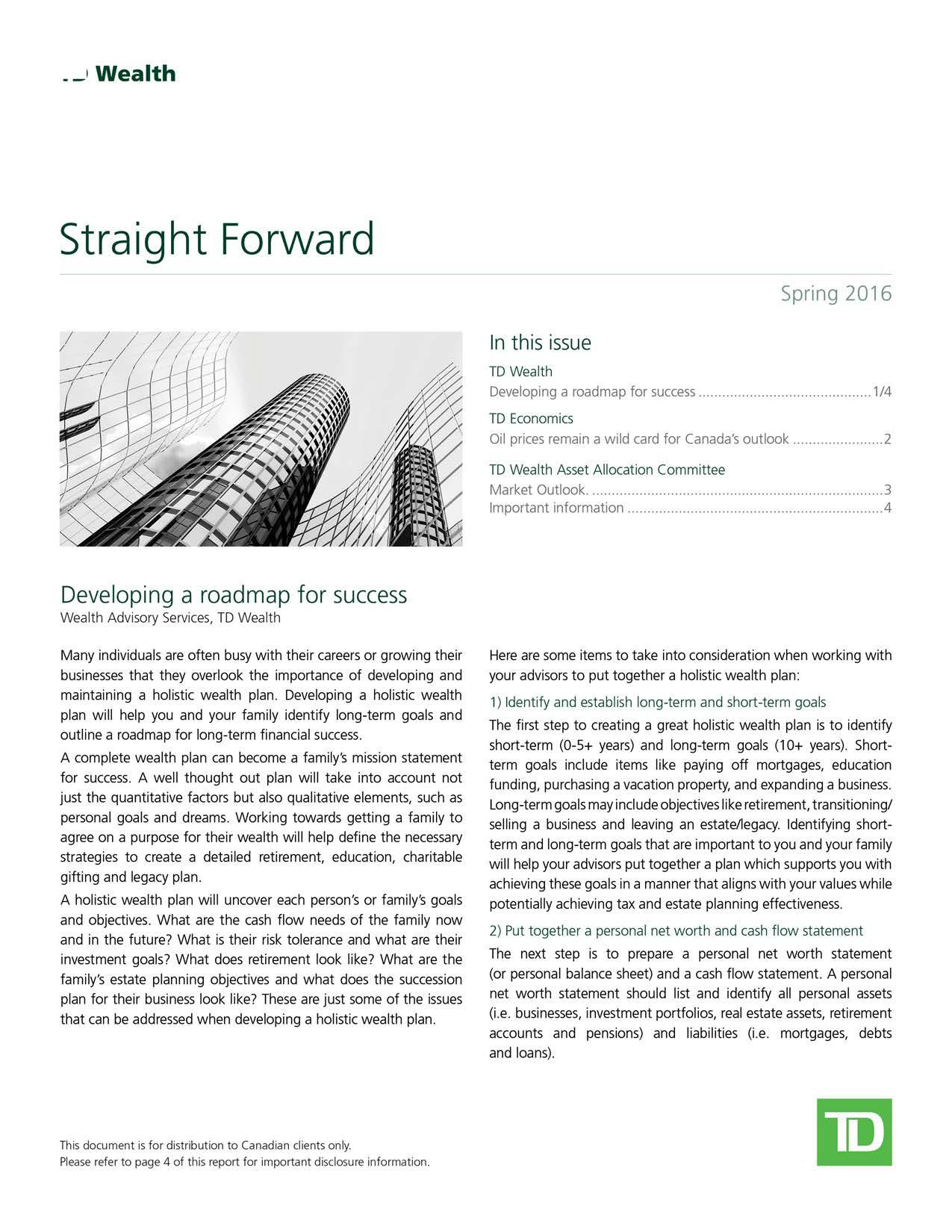
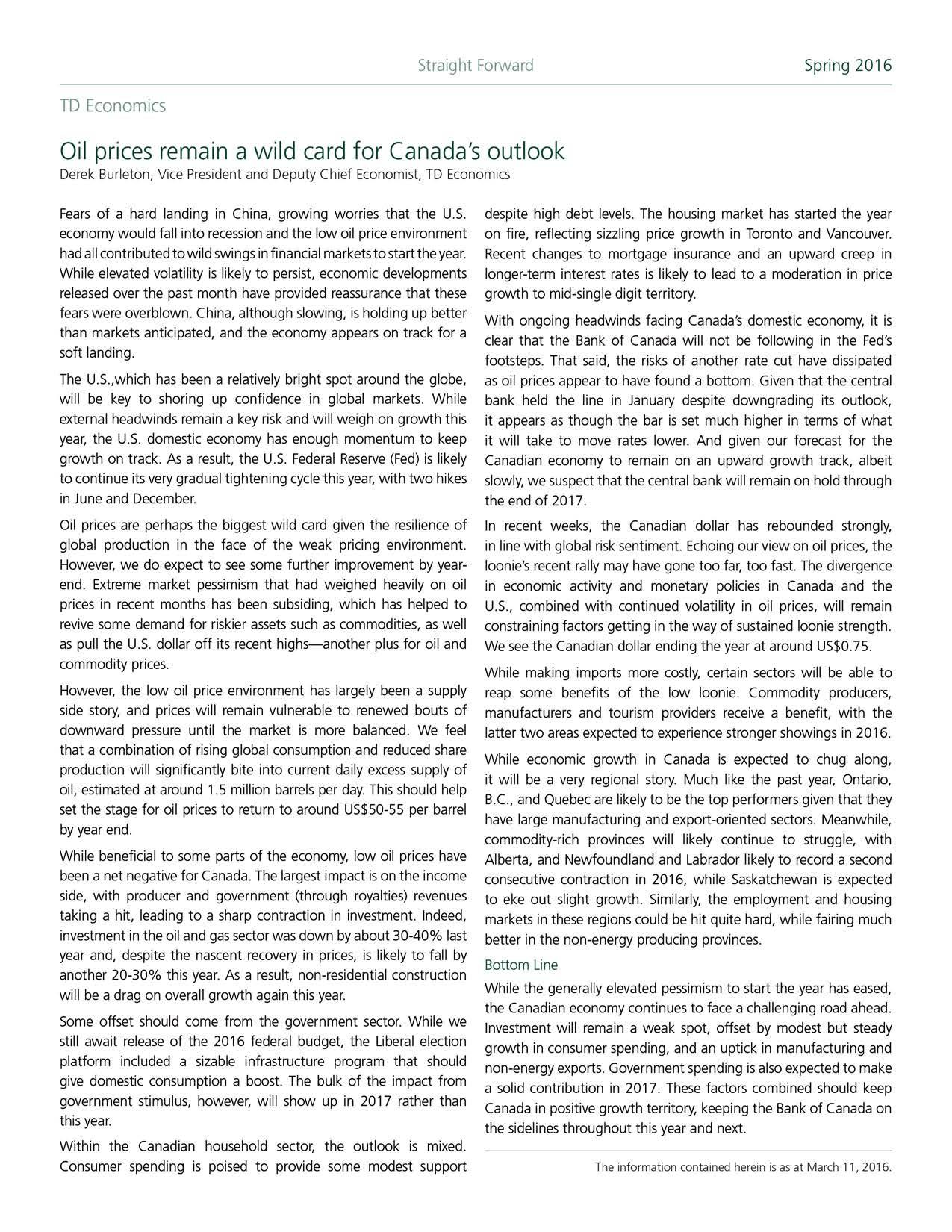
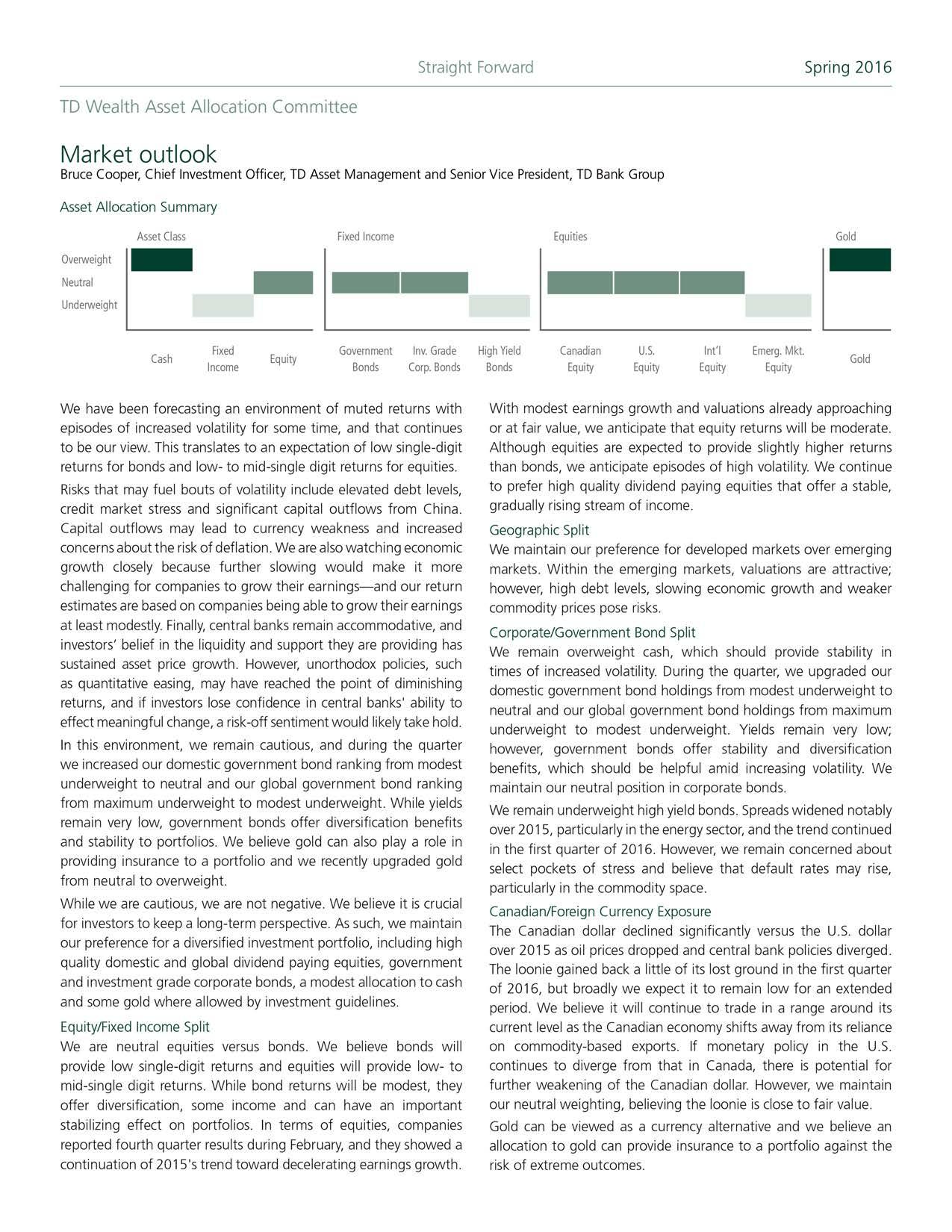
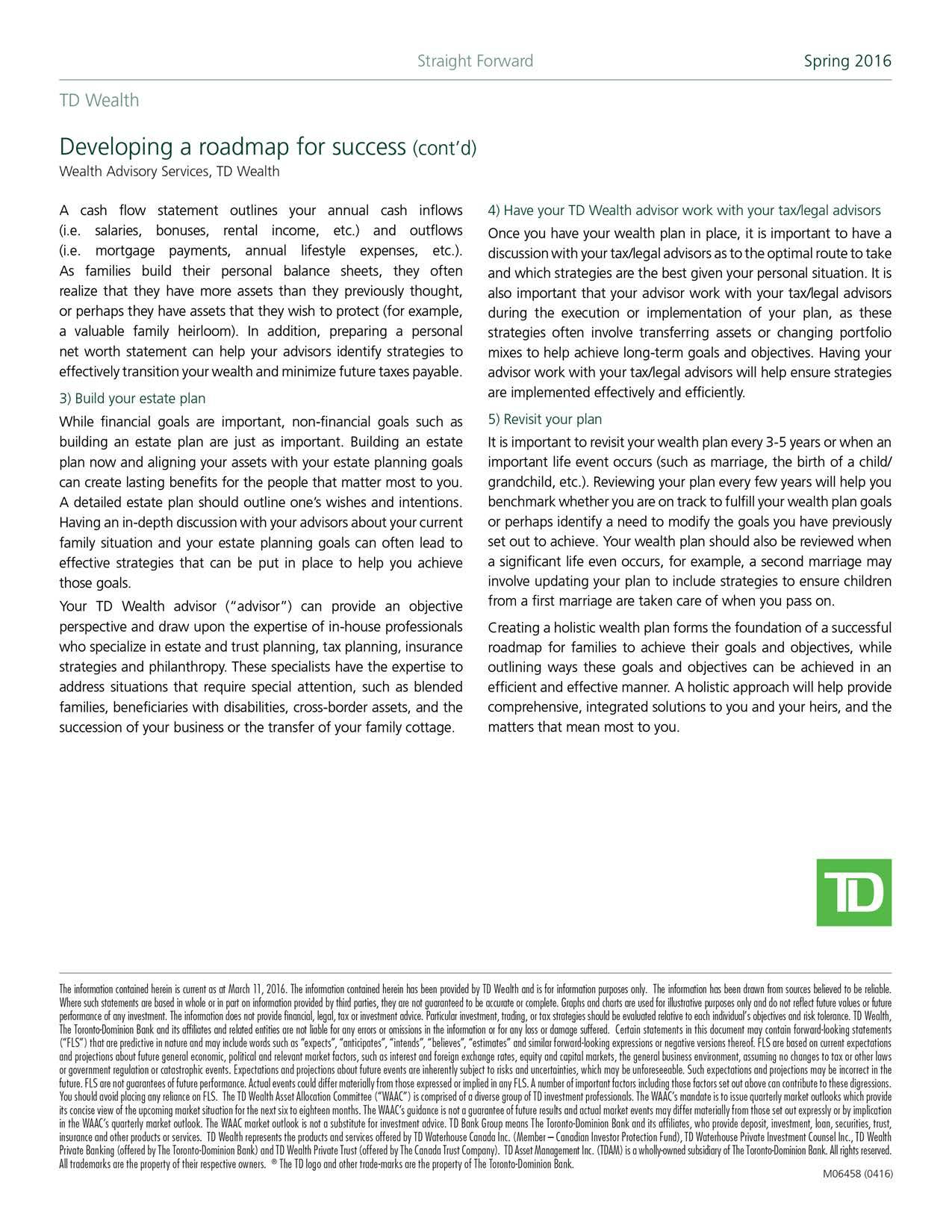
The challenge today before Canadian and Indian policy practitioners is to work simultaneously on two fronts. They must provide insights that would assist in bringing to fruition the protracted negotiations on Comprehensive Economic Partnership Agreement based on the six year old 2010 report of the Joint Study Group set up by the two Governments.
At the same time they need to set in motion a wide ranging policy dialogue that will assist in the building up of a more ambitious partnership by taking into account contemporary developments such as Internet of Things, Climate Change, developments in the Arctic, commercialisation of renewable energy and other clean technology, e -commerce, venture capital, cyber security and counter terrorism.
For this purpose, the two Governments need to set up a High Level Group comprising of concerned Government officials as well as knowledgeable specialists in these areas for preparing a joint report for consideration of two Governments.
Canada needs to consider its possible responses to brand schemes such as Make in India, Skills Development, Smart Cities Project and Digital India. How can Canada be a part of the solution of looming challenges facing tens of millions in India with regard to nutrition security, and water crises?
The Report of High Level Group, which may also include ideas that emerged at 2016 World Economic Forum in Davos on the theme “Mastering the Fourth Industrial Revolution”, could be a basis for the building of a broader and more ambitious partnership in the context of contemporary global developments. Such a Group may also examine how Canada can be a part of the solution of looming problems of nutrition security and water crisis affecting tens of millions in India.
India is now a priority for Canada and several of its provinces. Canada is now very much in the horizon
By Kant K. Bhargava Ambassador (Retired) & Ex Fellow, Centre for Study of Democracy, Queens University, Kingstonfor India and some of its rapidly advancing States. Time is, therefore, now opportune for fuller utilisation of the potential of economic exchanges. This will also catalyse comprehensive partnerships in political and strategic areas.
The forthcoming visit of Prime Minister Justin Trudeau to India will be an excellent opportunity for the two democracies to commit themselves for forging a broader and more ambitious partnership between them. He and his Indian counterpart Prime Minister Modi may also launch a Plan for Action for building a vibrant mutually beneficial partnership.
I
n this context, the role of Indian Diaspora in Canada - the largest in the Western world on a per capita basis - merits careful consideration. How can it facilitate forging of a strategic partnership between Canada and India by being a stronger bridge than it is today in linking both democracies? How can it pinpoint and help in exploiting tremendous opportunities for mutual learning and mutual advantage? It is here that an organisation like Canada India Foundation with its intellectual and other resources can play a key role.

ith the overarching objective of building partnerships between Canada and India in a futuristic setting, time is now ripe for:
a) Preparing a Study on Canadian Diaspora in India.
b) Convening of a round table of Indo-Canadian Institutions.
c) Organisation of a national convention of Canadian Indian Diaspora for fathoming how they can be effectively deployed.
At the same time the two Governments need to impart impetus to the private sector, the public sector, and the non-governmental sector. So far they have been late comers to the game and they need to be nudged to move and act fast now.
 By Sanjay Makkar
By Sanjay Makkar

On behalf of the members and stakeholders of the Indo-Canada Chamber of Commerce (ICCC), I congratulate the Canada-India Foundation (CIF) on yet another spectacular annual gala. Since its inception in 2007, the CIF has carved out a niche in the IndoCanadian bilateral sphere by focusing on advocacy and policy matters. The CIF has played a pivotal role in increasing the awareness of Canadians about the changing face of India, and the promotion of Canada’s interest in India.
The ICCC congratulates the CIF for its work in raising the profile of Indo-Canadian community by facilitating participation of qualified members of the community in the policy-making and the legislative process, engagement with federal and provincial legislators, increased representation of the community within crown agencies, government boards and judicial and quasi-judicial tribunals. Over the last decade, the CIF has taken a leadership role in fostering support for stronger bilateral relations between Canada and India, and increasing awareness of the changing face of India. Through active participation in the public policy debate and engagement with Parliamentarians, CIF has positioned the need for a strategic partnership between Canada and India as critical to Canada’s future.
As Canada’s only bilateral chamber of commerce mandated to foster bilateral economic ties between Canada and India, the four-decades-old ICCC’s work in promoting stronger bilateral relations between Canada and India is exemplary. Under its present leadership, the ICCC has undertaken groundbreaking initiatives to ensure greater engagement of the Indo-Canadian community in entrepreneurial and business spheres. By actively engaging small entrepreneurs, the ICCC has created a much-needed platform for Indo-Canadian small businesses to benefit from global business processes, project their concerns, and shape government policies.
As the President of the august institution, I have always followed the dictum enunciated by the Rig Veda and advocated by Gautama Buddha of Bahujana sukhaya bahujana hitaya cha (for the happiness of the many, for the welfare of the many). During my tenure, I have motivated my colleagues on the board of the ICCC to take the Chamber in a new direction by involving its constituents, and expanding its horizons to encompass unrepresented section of the Indo-Canadian community such as women and youth entrepreneurs and professionals.
For a community that is growing rapidly in Canada, Indo-Canadians need to develop a voice that reaches the uppermost echelons of the policy making apparatuses both in Canada and in India. In this endeavour, ICCC will collaborate with all institutions and all committed individuals. As it has done in the past, the ICCC will continue to work in tandem with the CIF at a broader level to enhance the scope of bilateral relations between Canada and India.
In congratulating the CIF on its first decade of successful operations, the ICCC pledges continued support to its ongoing efforts. Together we will make Indo-Canadians matter; together we will bring Canada and India closer.
 The President & CEO Canada-India Business Council (C-IBC)
The President & CEO Canada-India Business Council (C-IBC)
OnFounded in 1982, the Canada-India Business Council (C-IBC) has been the leading private sector and member driven not-for-profit trade association linking Canada and India.
The C-IBC is dedicated to promoting the interests of global companies, small and medium sized enterprises, as well as academic and government organisations engaged in the Canada-India corridor. As the premier network for business (representing 70% of bi-lateral trade and investment), the C-IBC represents a diverse mix of sectors including: banking, financial, and legal services, manufacturing, construction, transportation, technology, mining, energy, education and ICT.
The Canada-India Business Council (C-IBC) story began over thirty years ago when the late Thomas Bata, the Bank of Nova Scotia and Bombardier joined together to create an organization dedicated to supporting and strengthening corporate and institutional relationships between the two countries.

It was a bold vision at a time when commercial and trade relations between Canada and India were nascent.
Since that time, the C-IBC has consistently been at the forefront of cultivating the networks that support business and government institutions between the two countries and across multiple sectors.
The mission of the C-IBC is to assist and guide corporations by offering knowledge and experience, business and organizational linkages and research services. The Council provides advisory services comprising of business intelligence and operational support.
Gary Comerford, is the longest-standing member of the C-IBC and the current President & CEO. In an editorial written by Mr. Comerford and published in the Globe & Mail, he outlines the enormous opportunity that India represents for Canadians, “The India I see emerging is a market that Canada cannot ignore. With a population of 1.3 billion, India’s forward-looking market potential is enormous. The economy has grown at an average rate of 7.2 per cent over the past five years and at a rate of 7.7 per cent over the past 10 years. This growth rate is faster than that of most of the world’s economies.”
As Canada and India move towards free trade and its attendant opportunities, the C-IBC continues to build and expand on its founding vision, by helping more small and medium sized enterprises, entrepreneurs and national institutions realize on these historic opportunities.
Today, the C-IBC and CIF work as close allies in the mission to strengthen ties between Canada and India. The C-IBC fully supports and promotes the CIF’s mandate of engaging government and business leaders in order to promote bilateral opportunities.


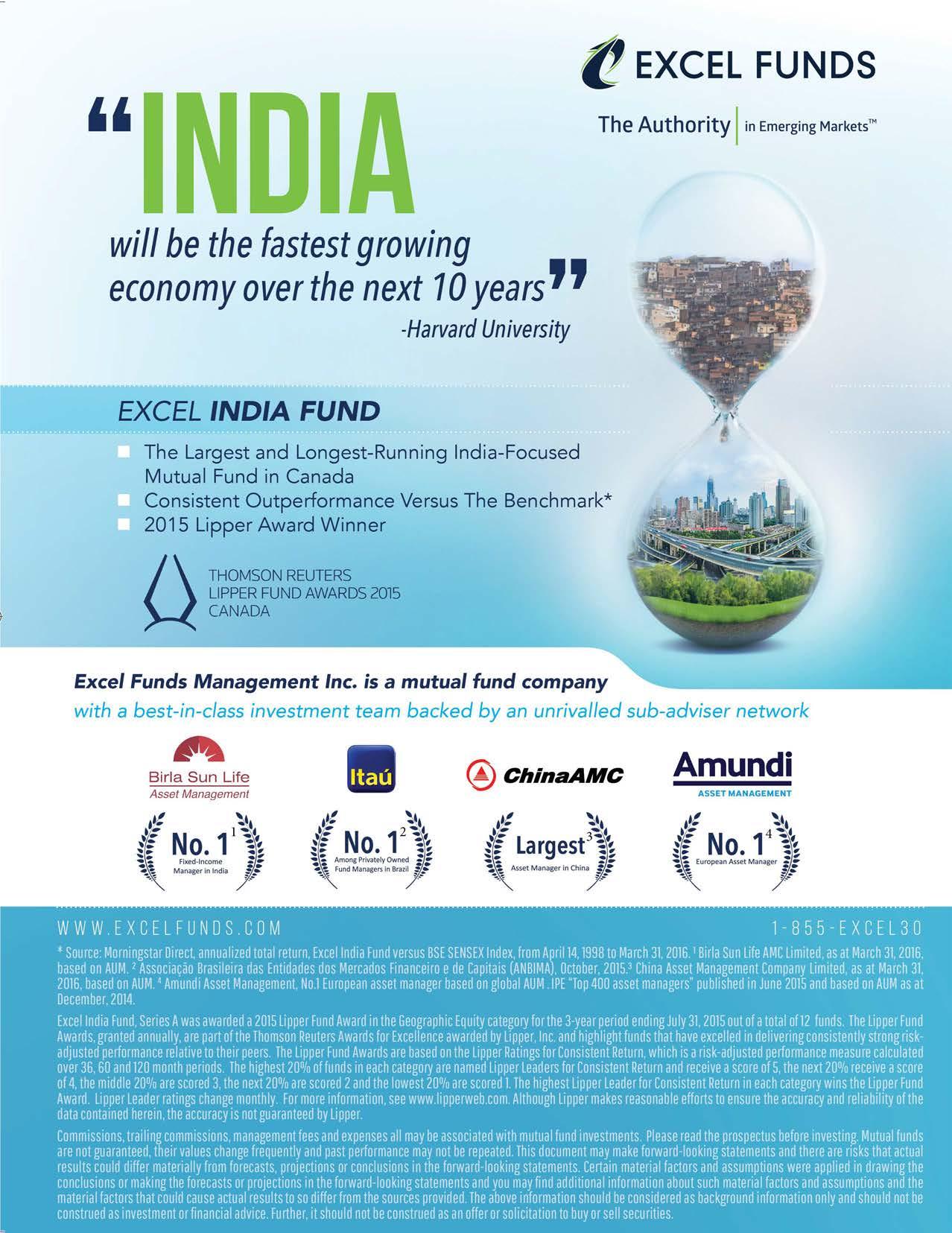
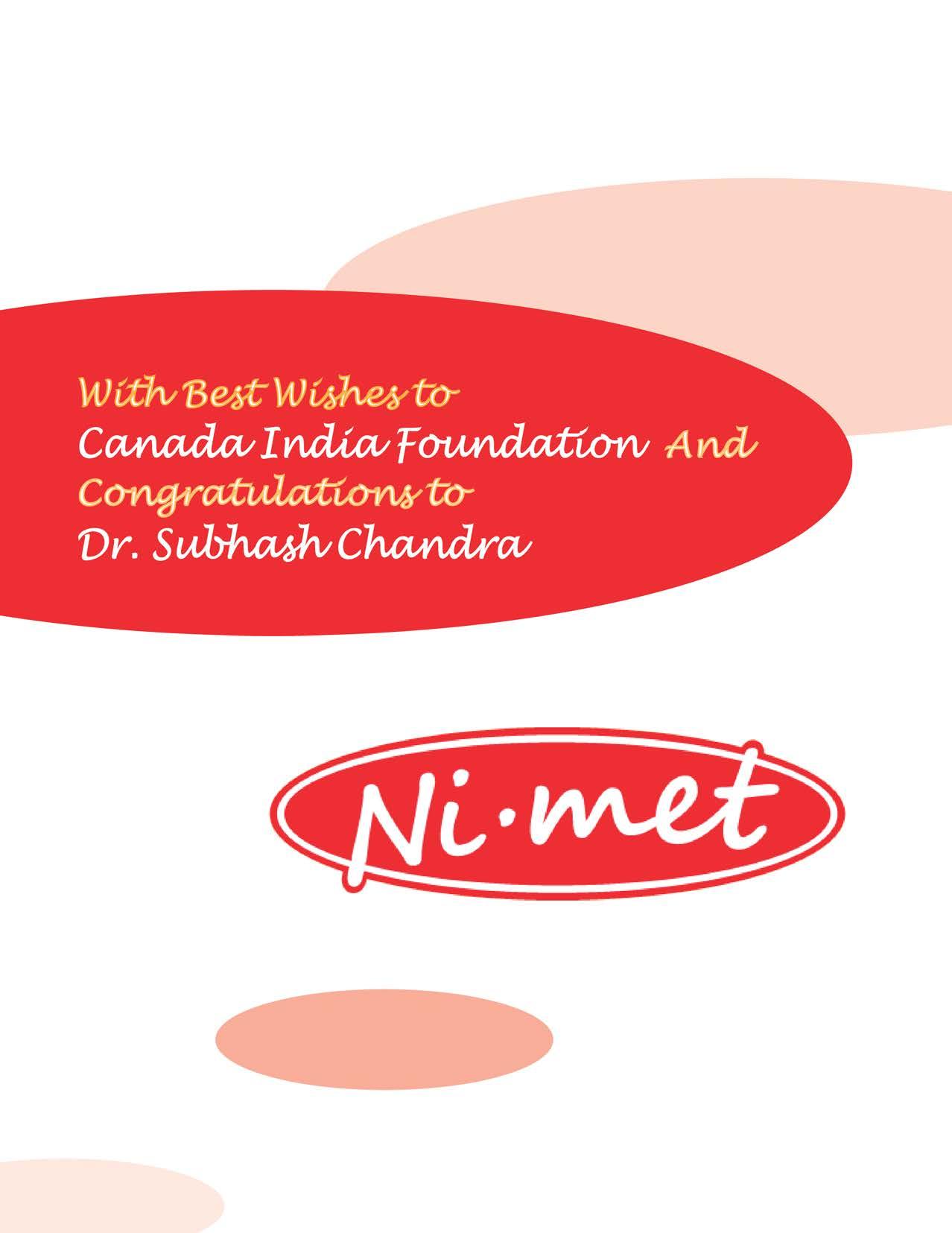

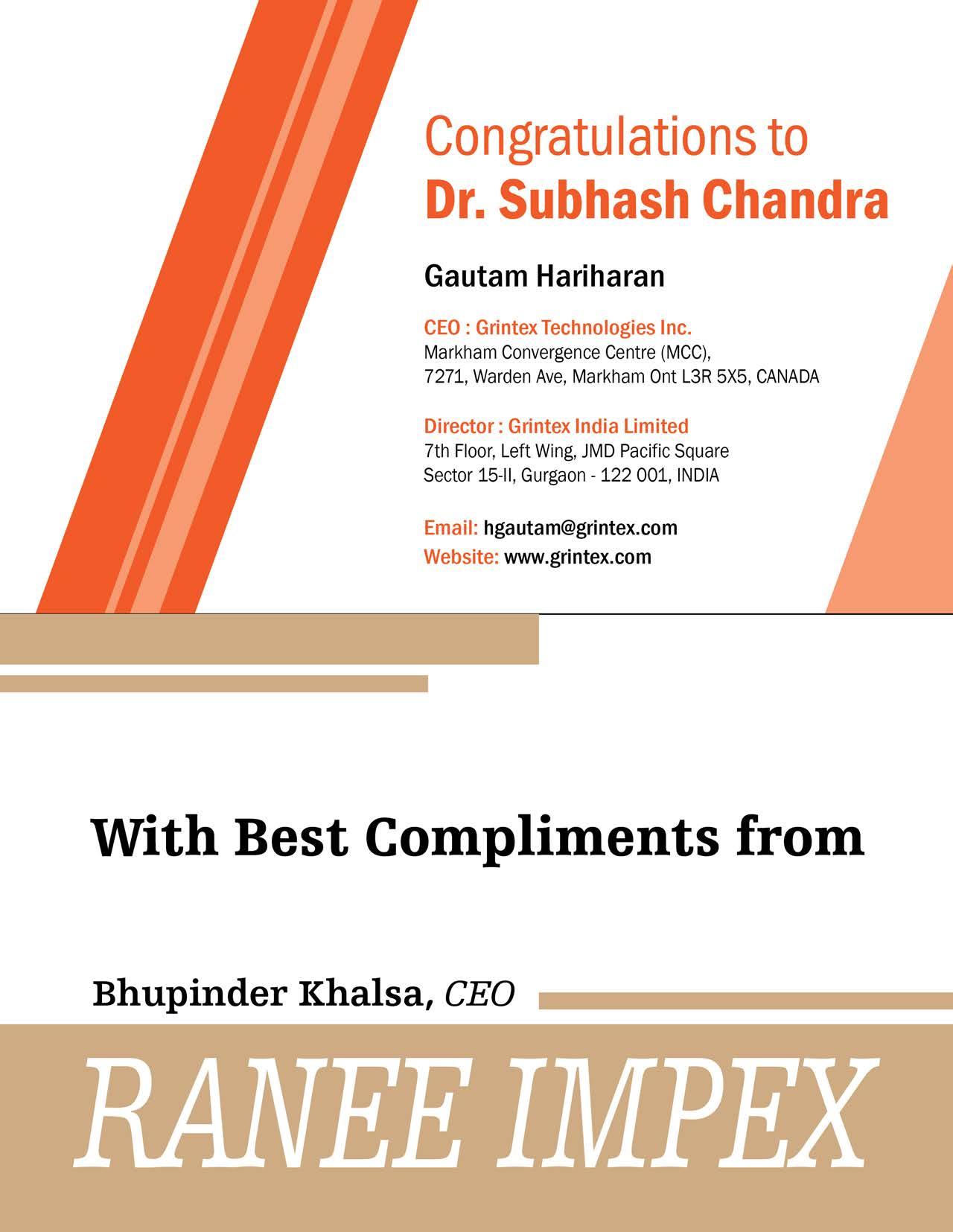
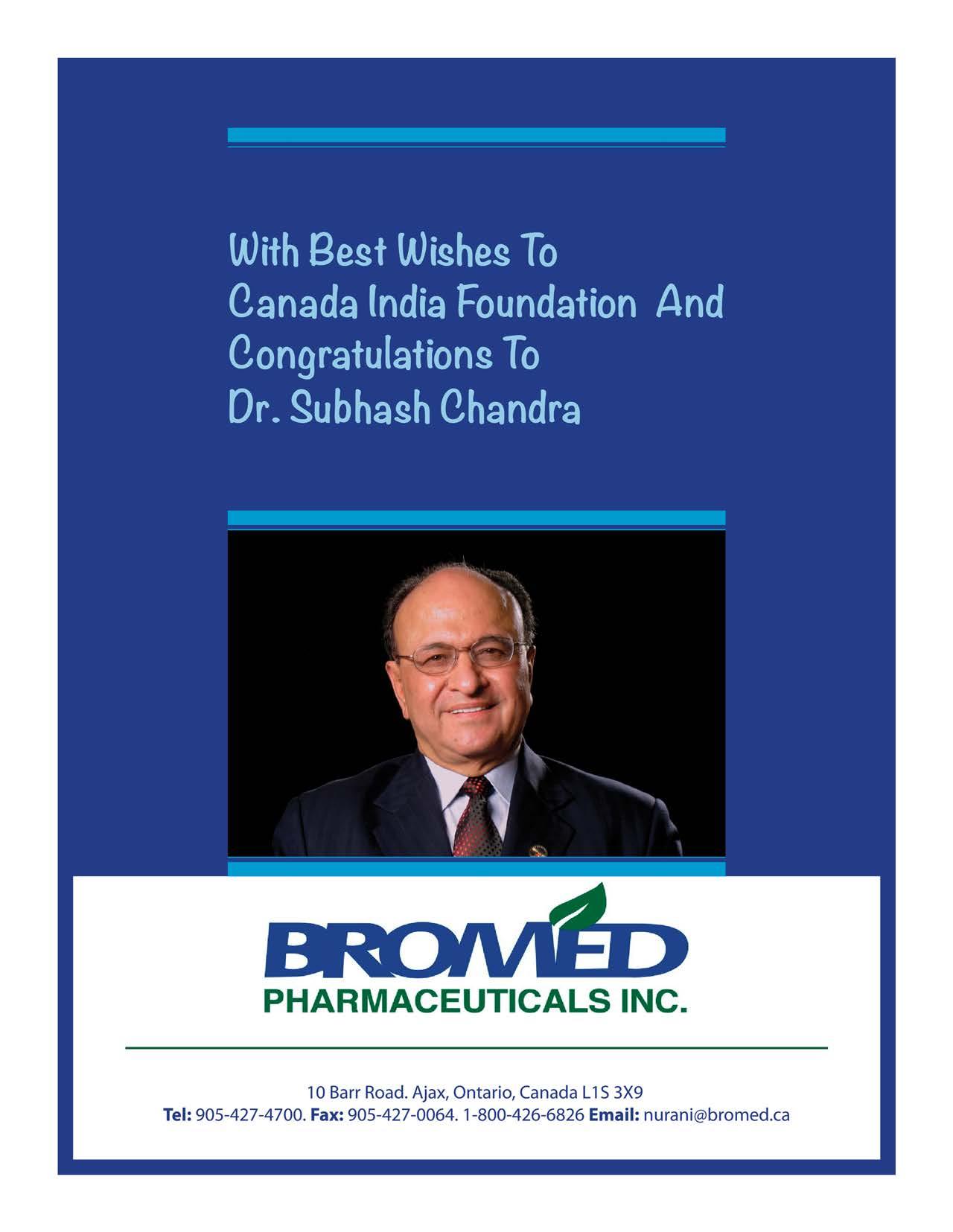

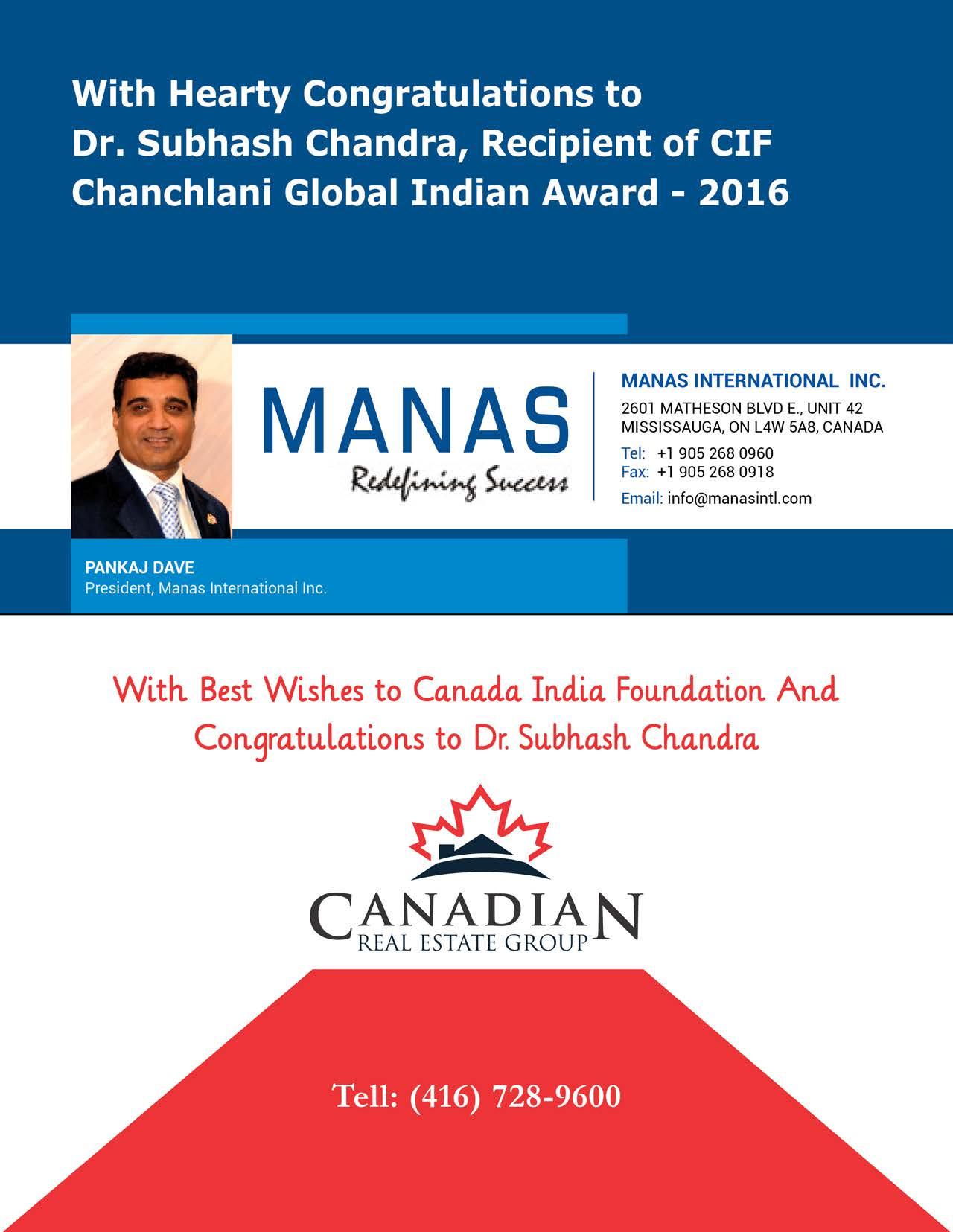


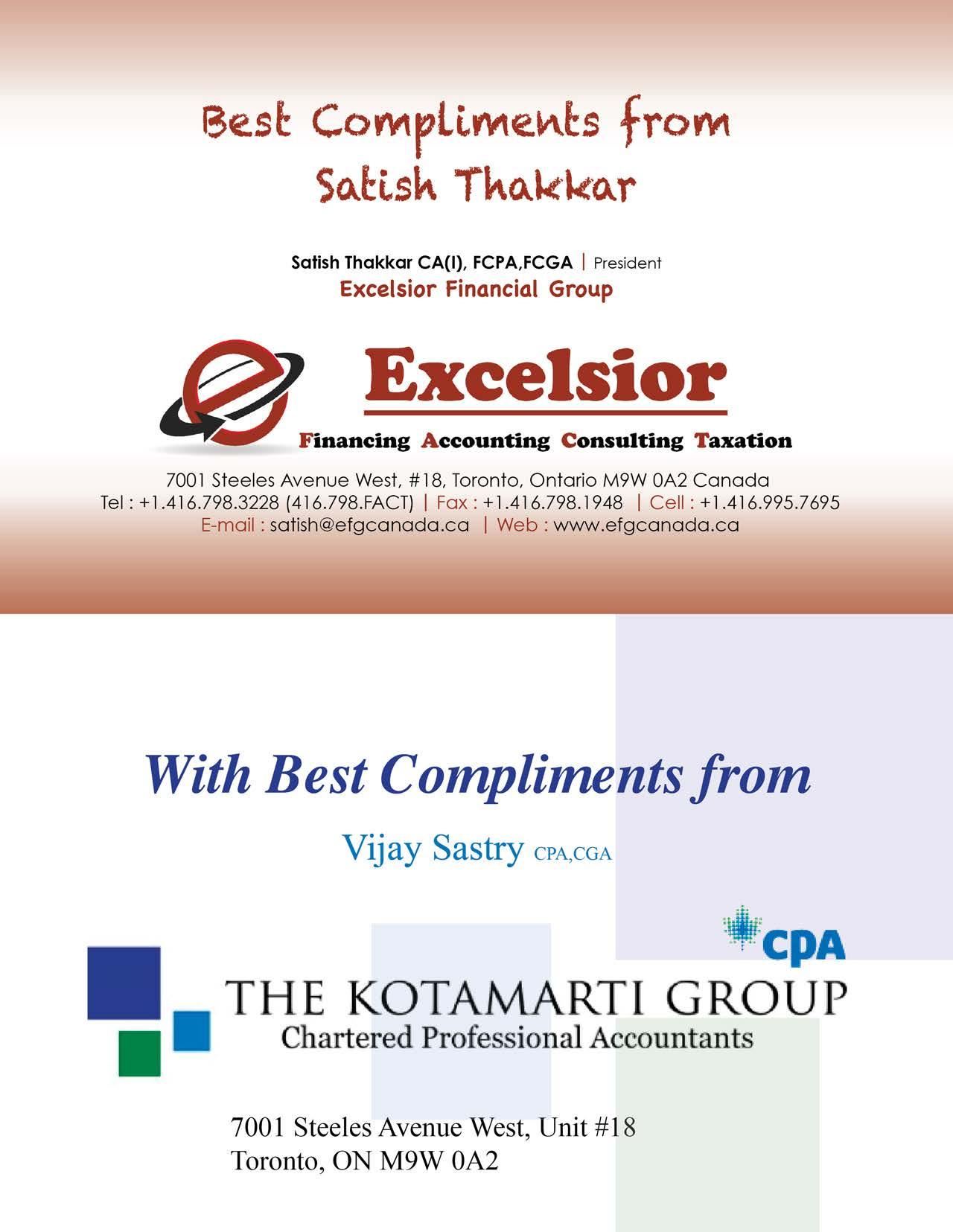


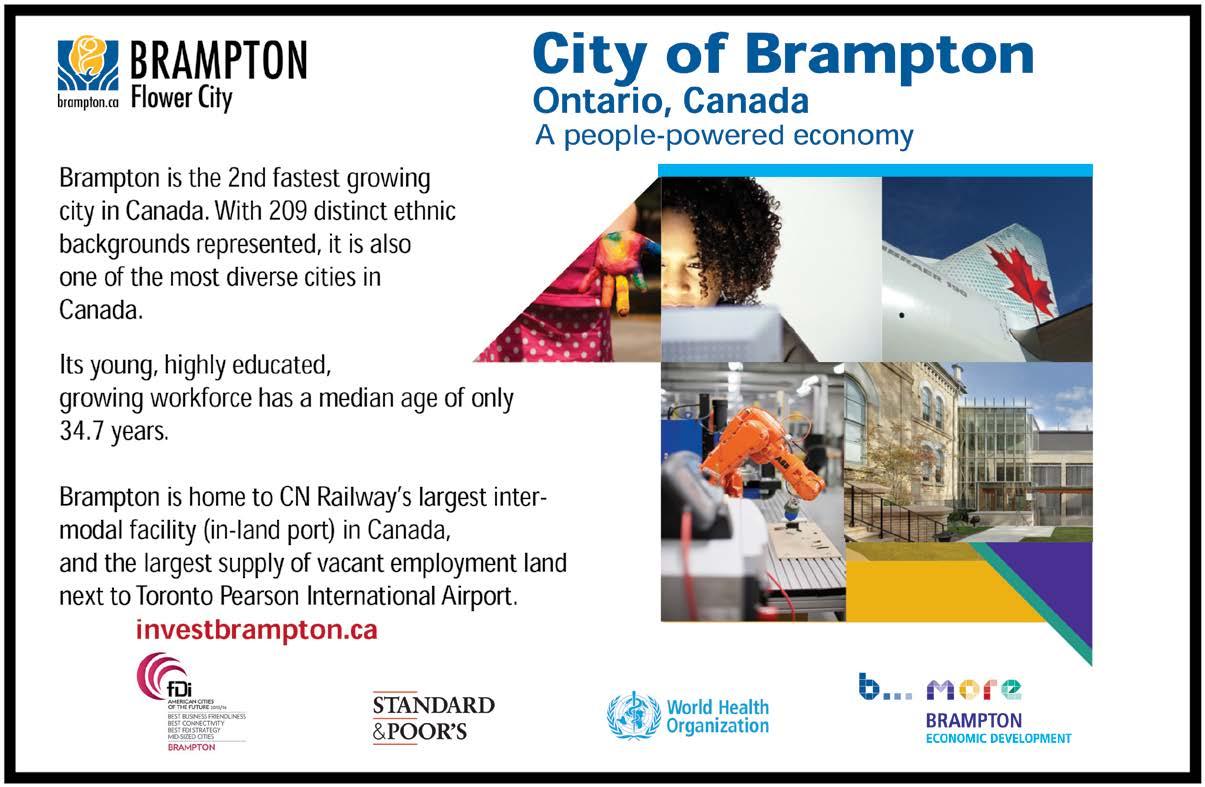

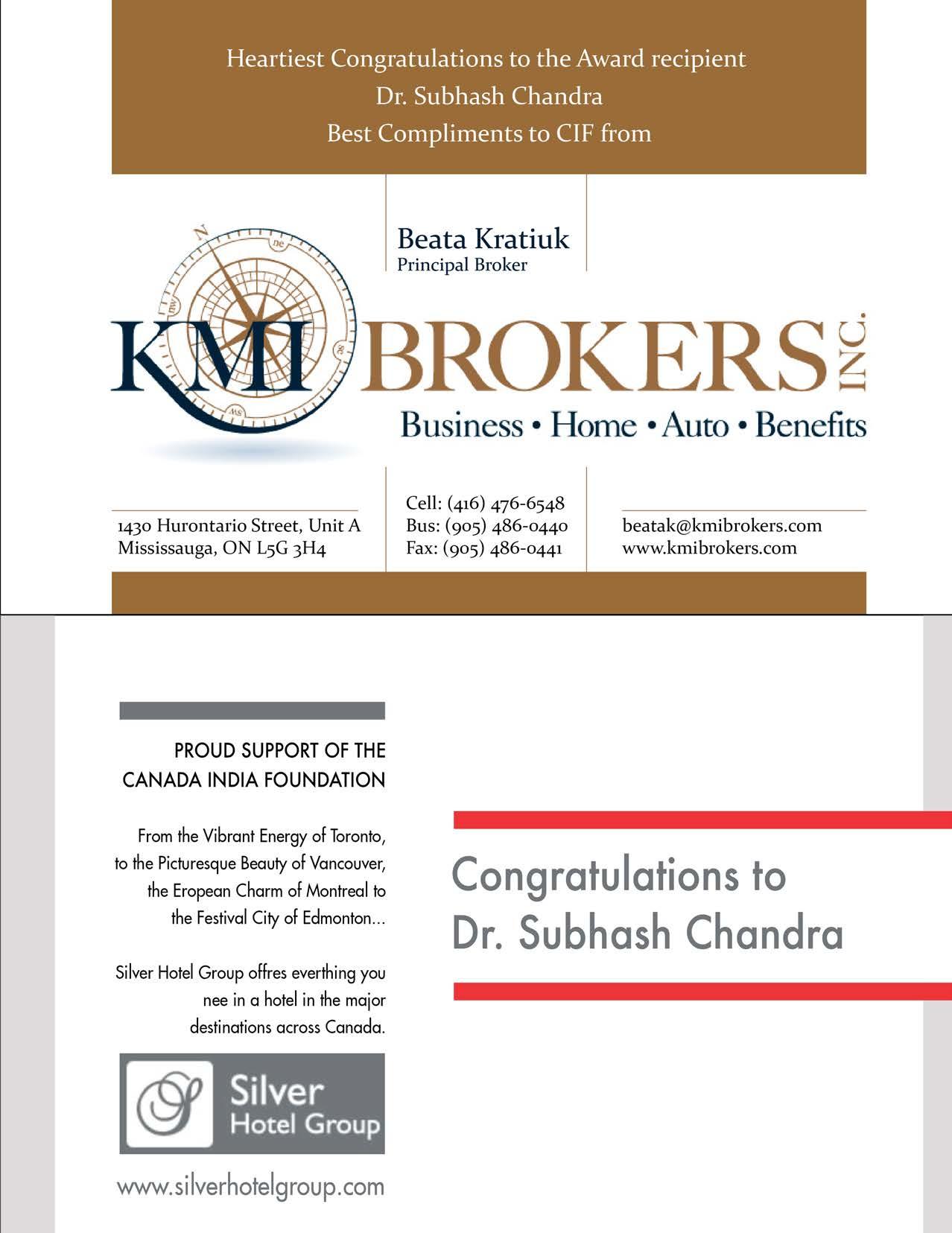
At CIBC, we’re committed to building strong vibrant communities across Canada. That’s why we’re proud to sponsor the 2016 Canada India Foundation Award Gala, that celebrates the contributions of individuals to the Indo-Canadian community.
CIBC Cube Design & “Banking that fits your life.” are trademarks of CIBC.


Bromed Pharmaceuticals
CSI Group
Canadian Real Estate Group
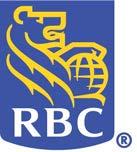

Tortel Communications
CIBC
Silver Hotel Group
The Excelsior Group
Process Research ORTECH Inc.
Skylink Capital
The City of Brampton Kanish & Associates
Ni-Met Metals Inc.
Excel Funds
The Kotamarti Group
Ranee Impex
R yerson University
Papneja Dentistry
Manas International Kapadia LLP
Grintex Canada

KMI Brokers



